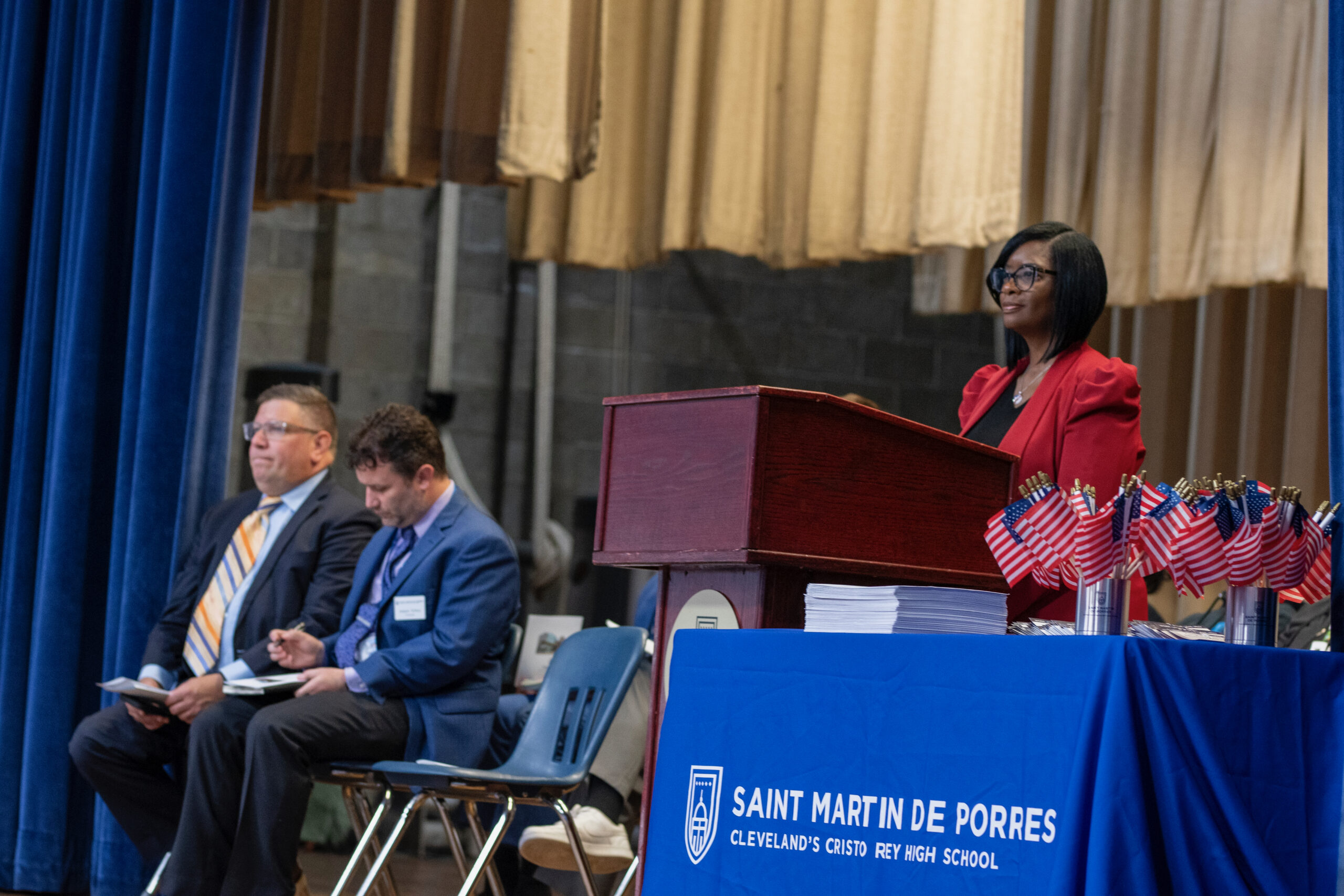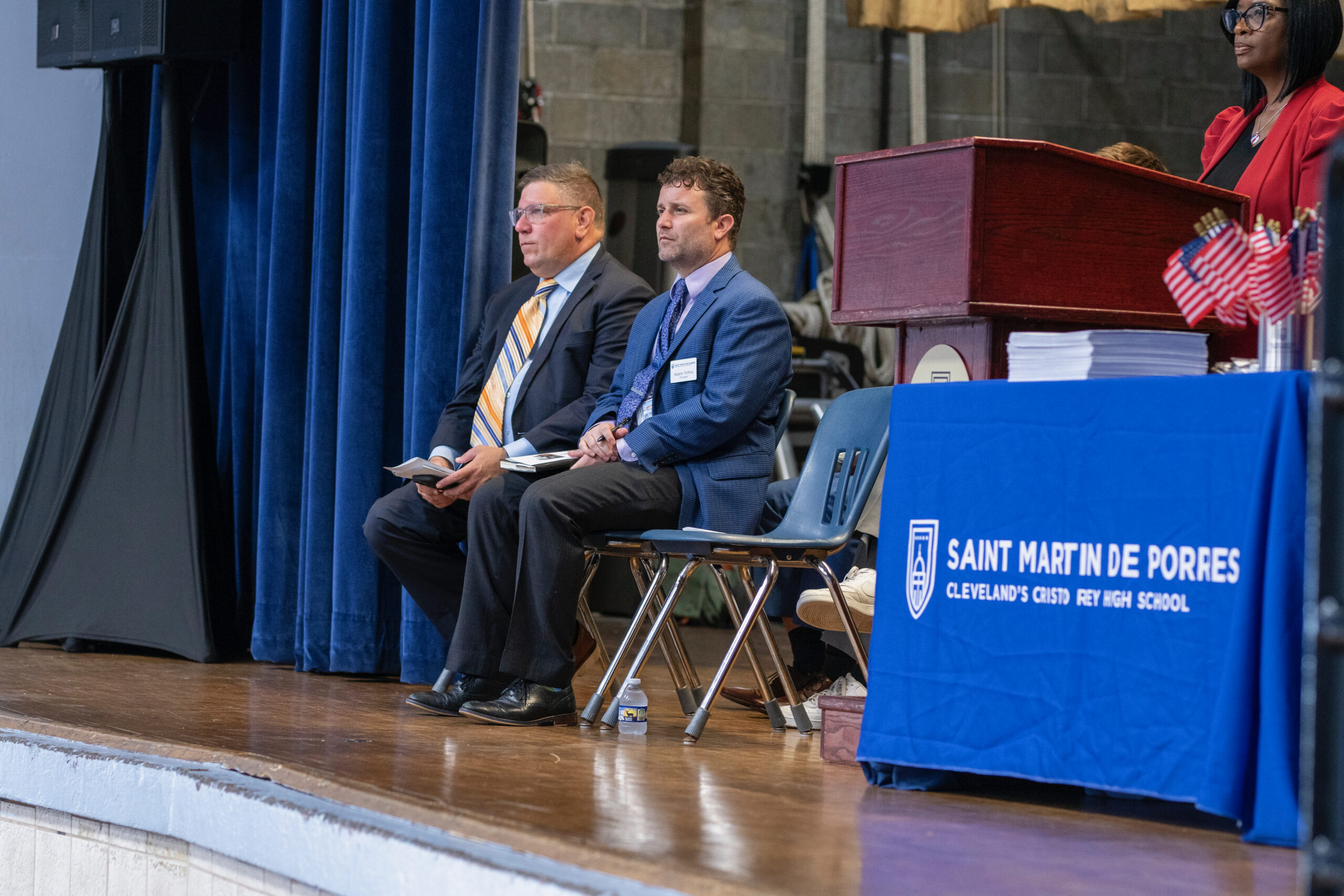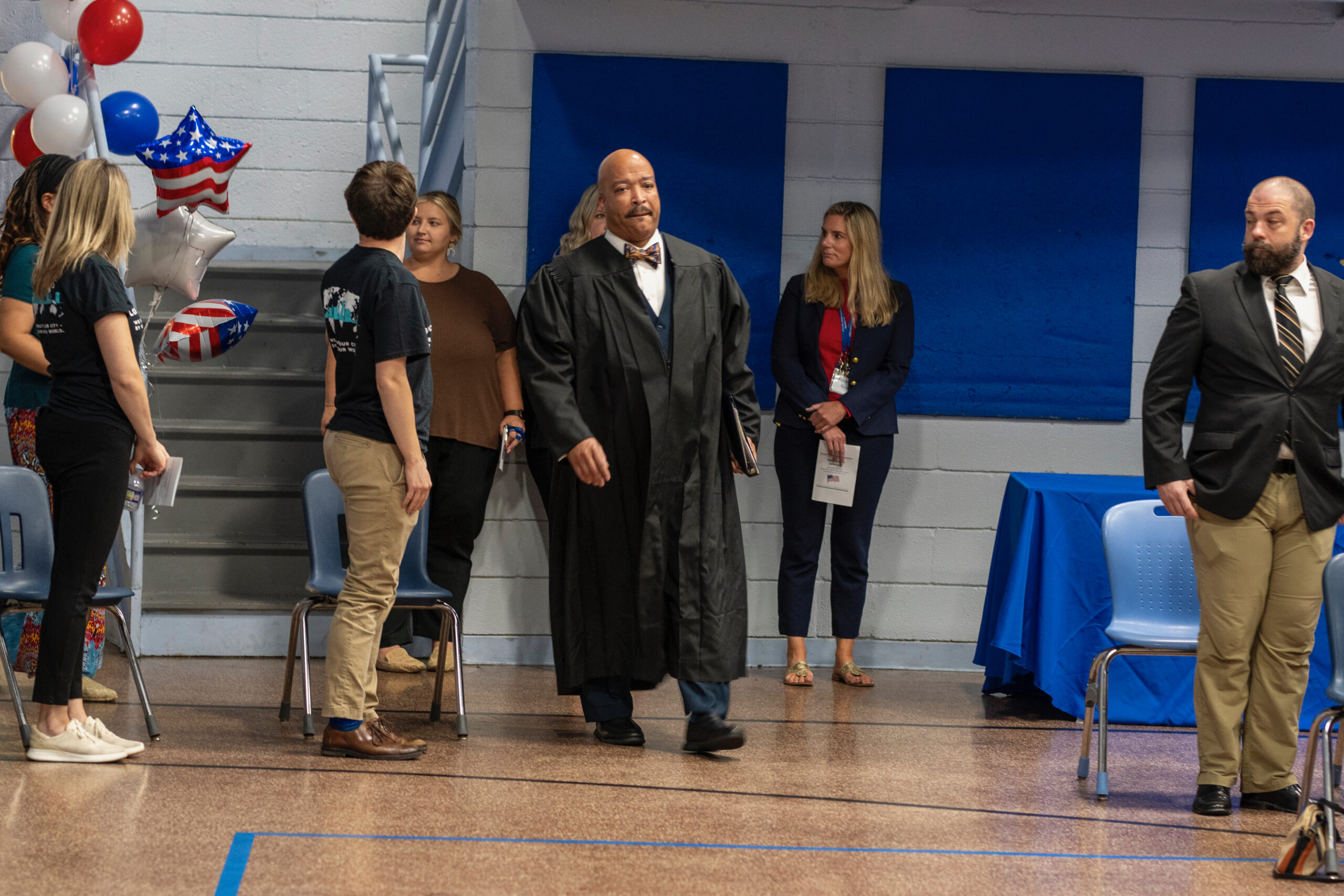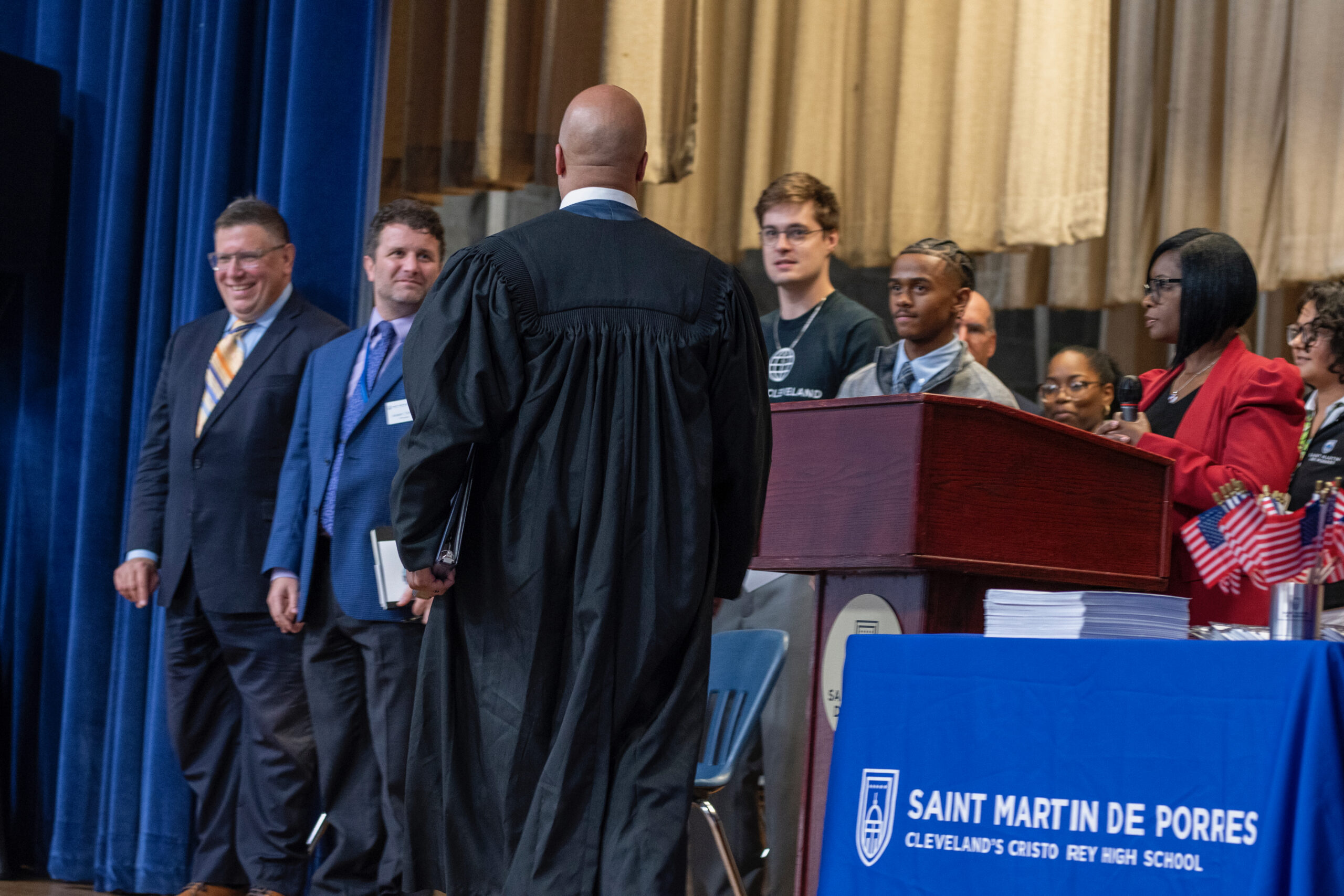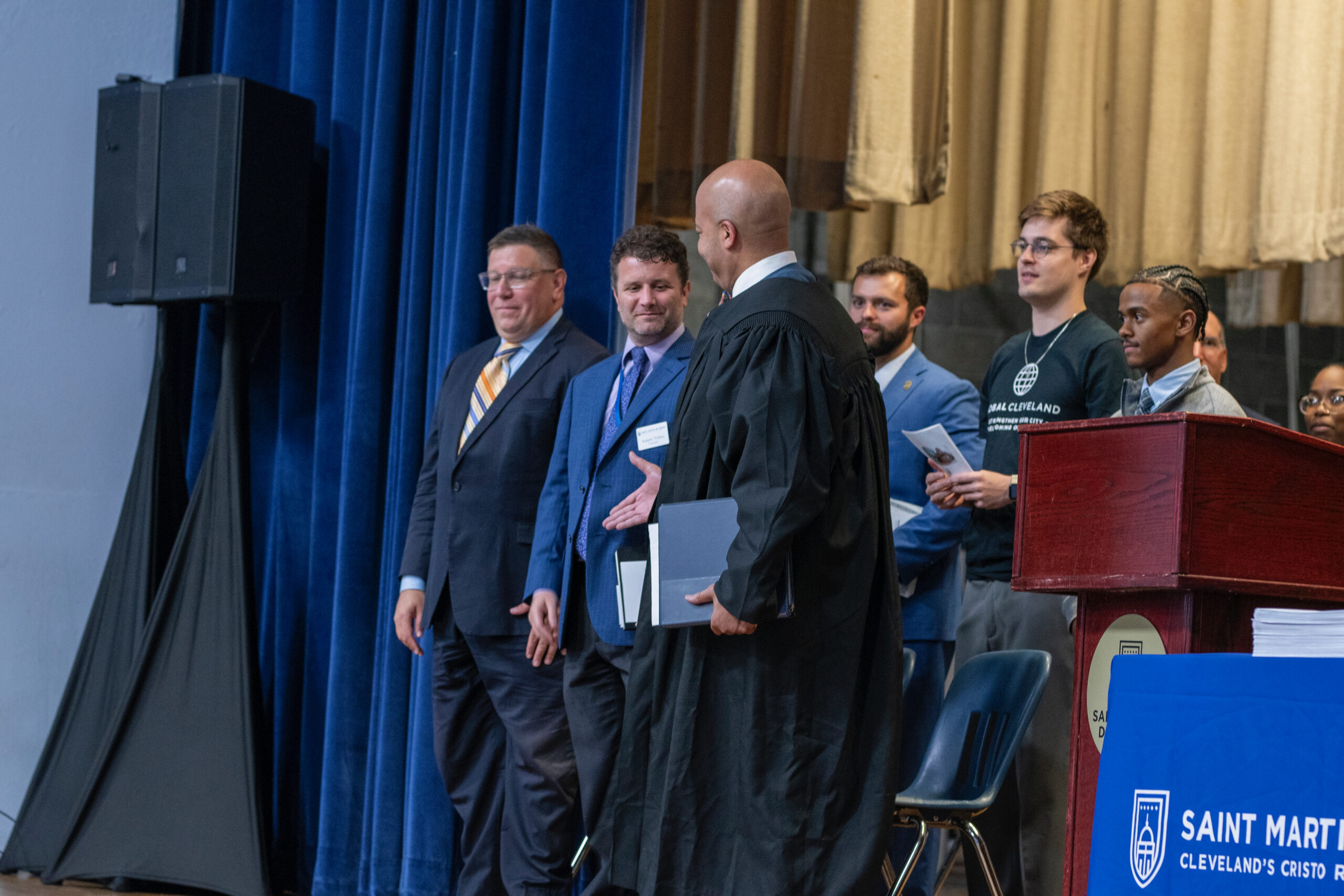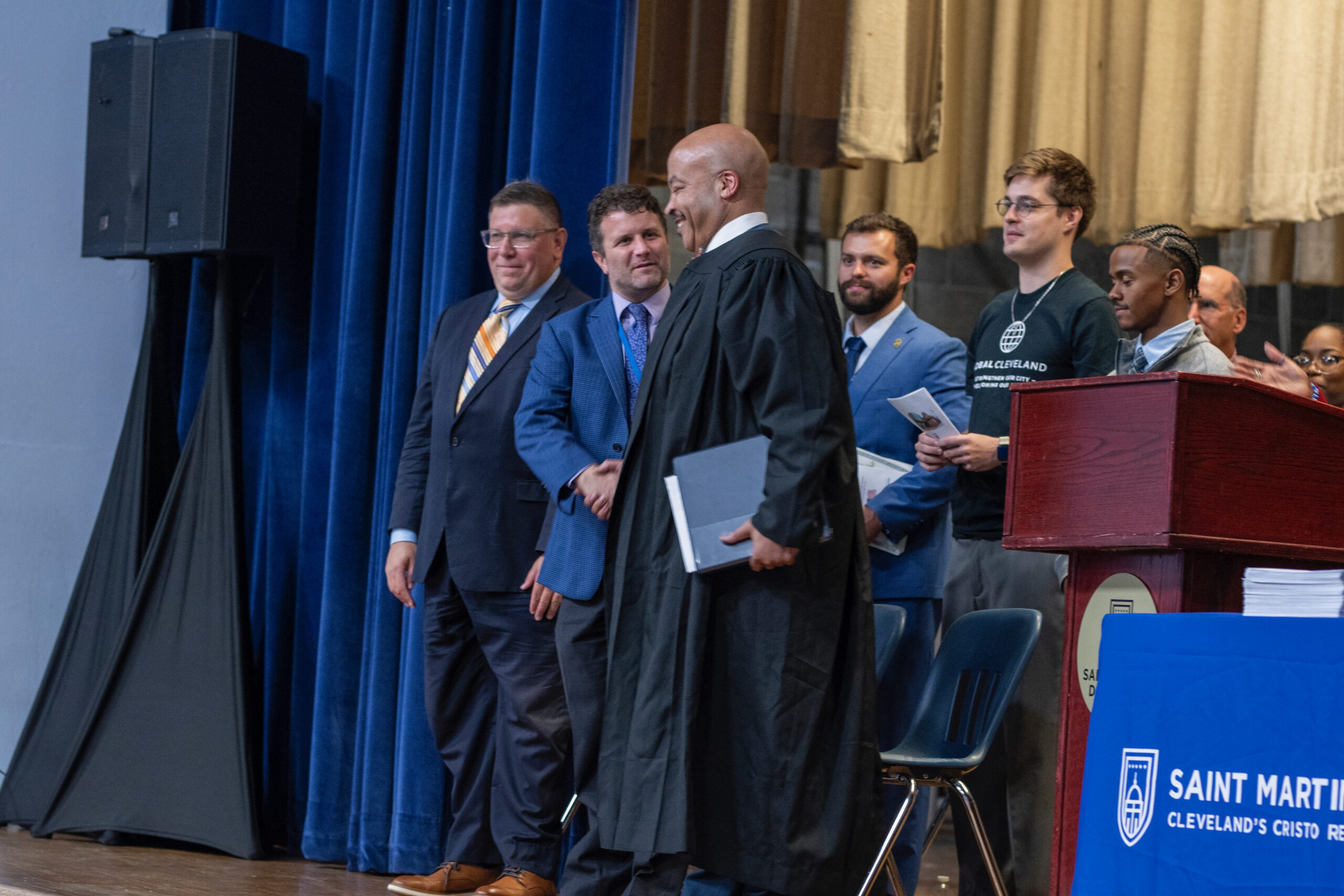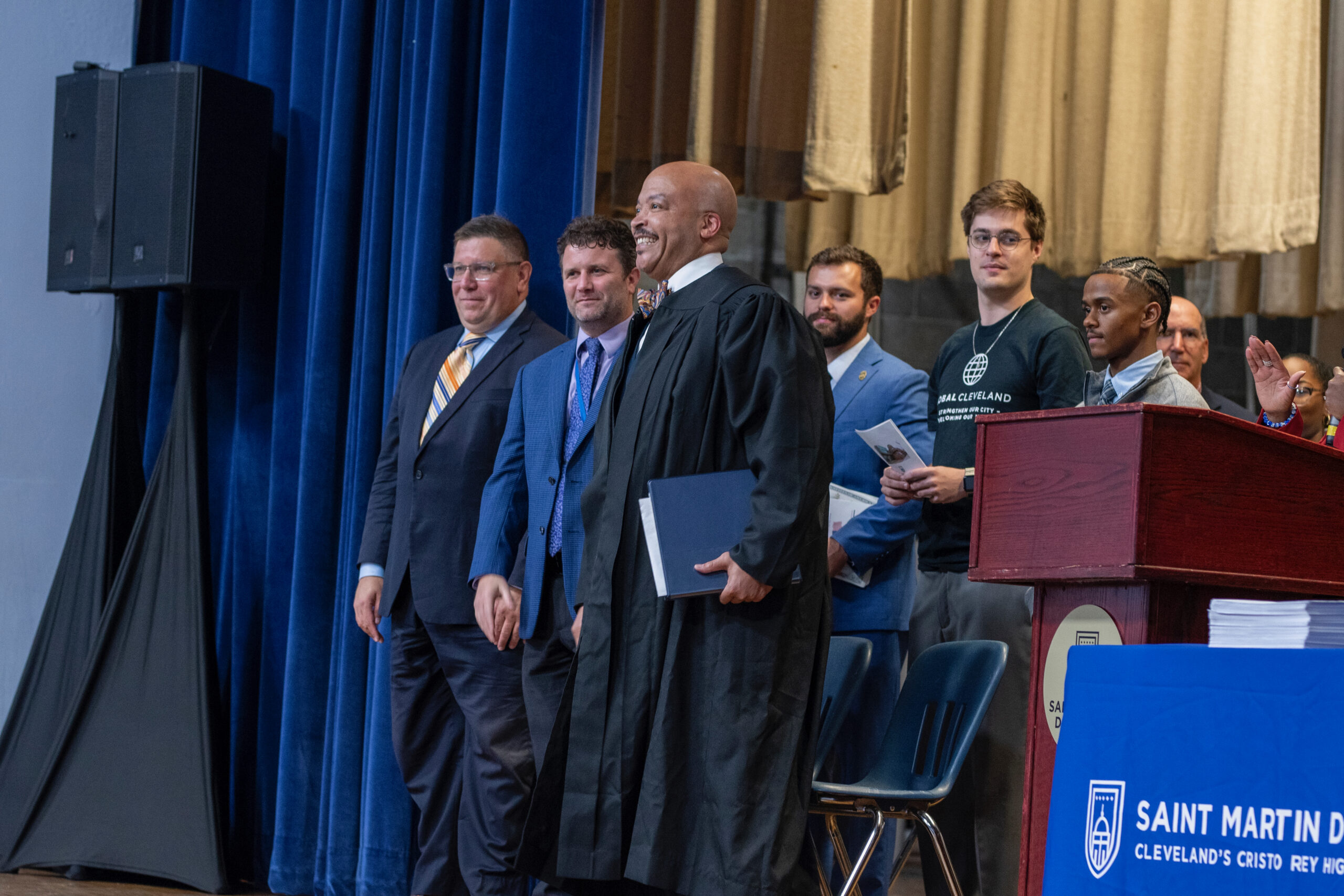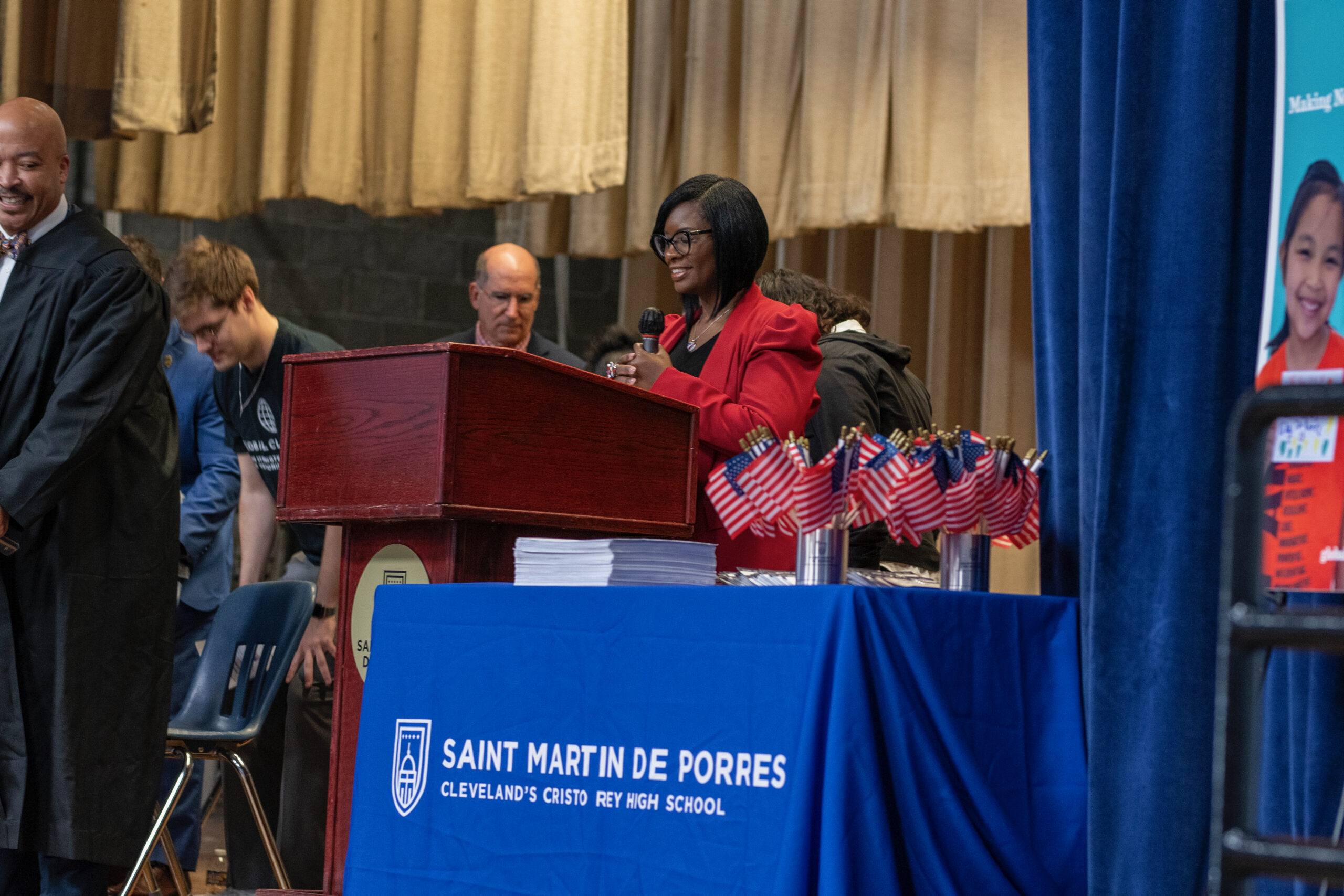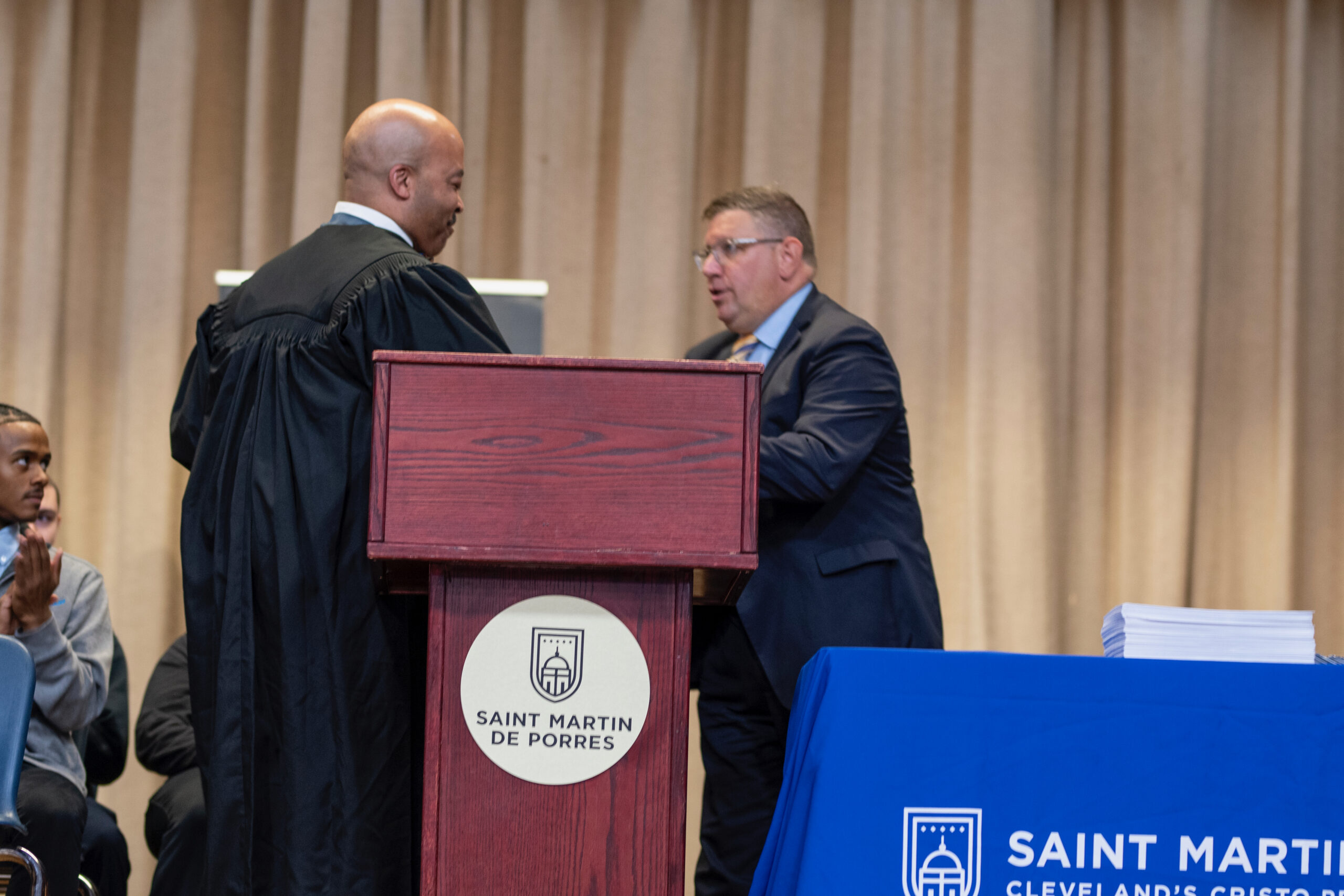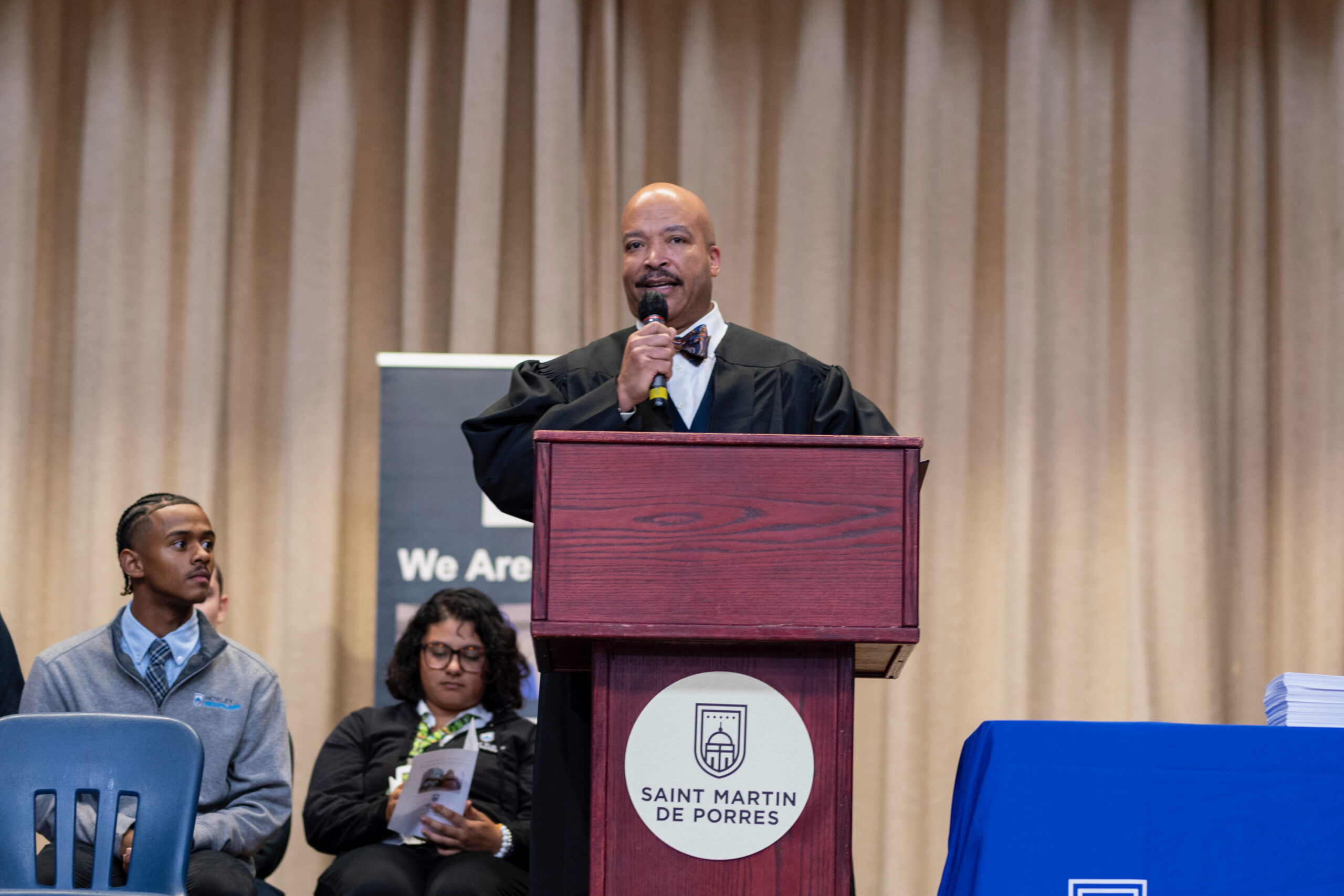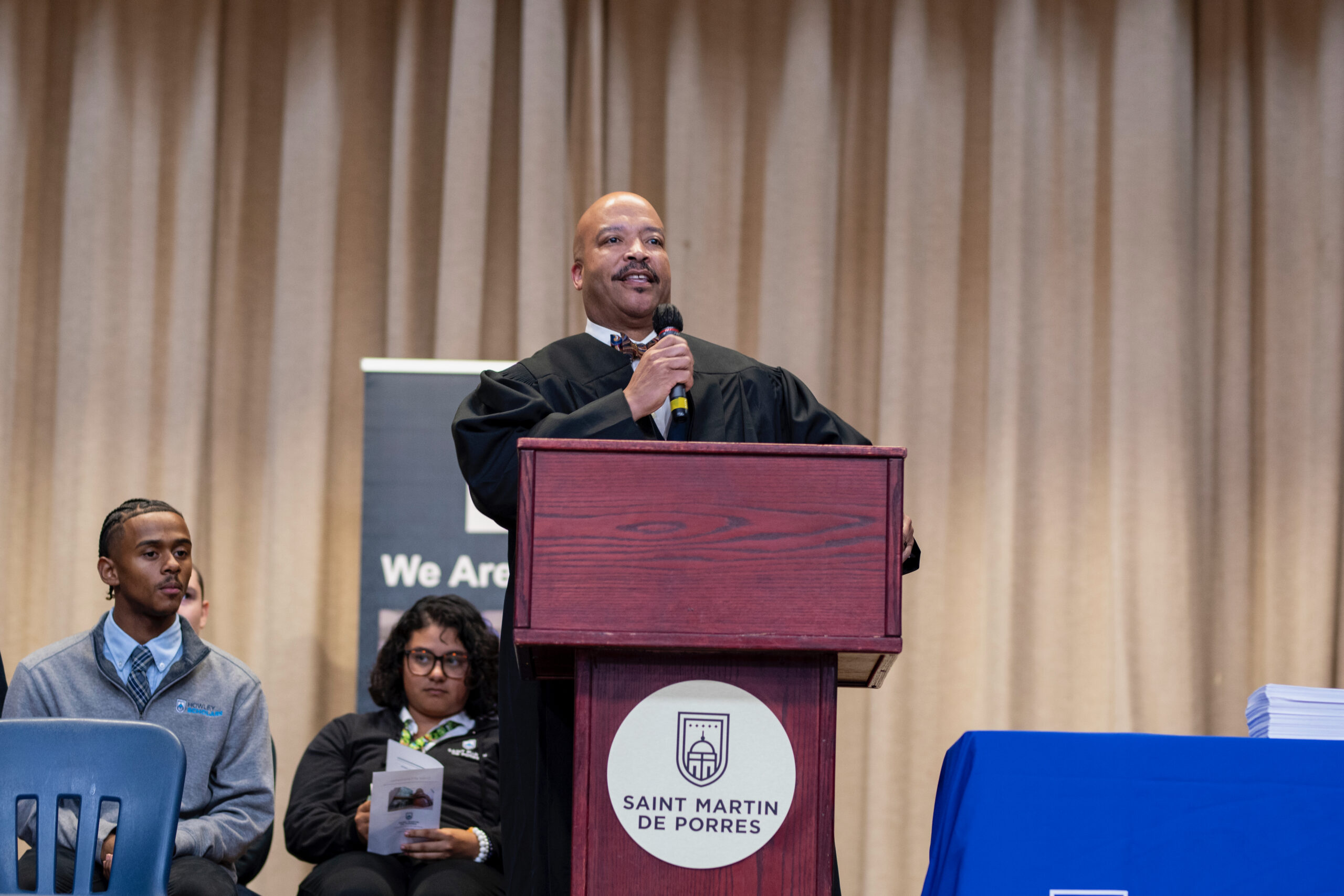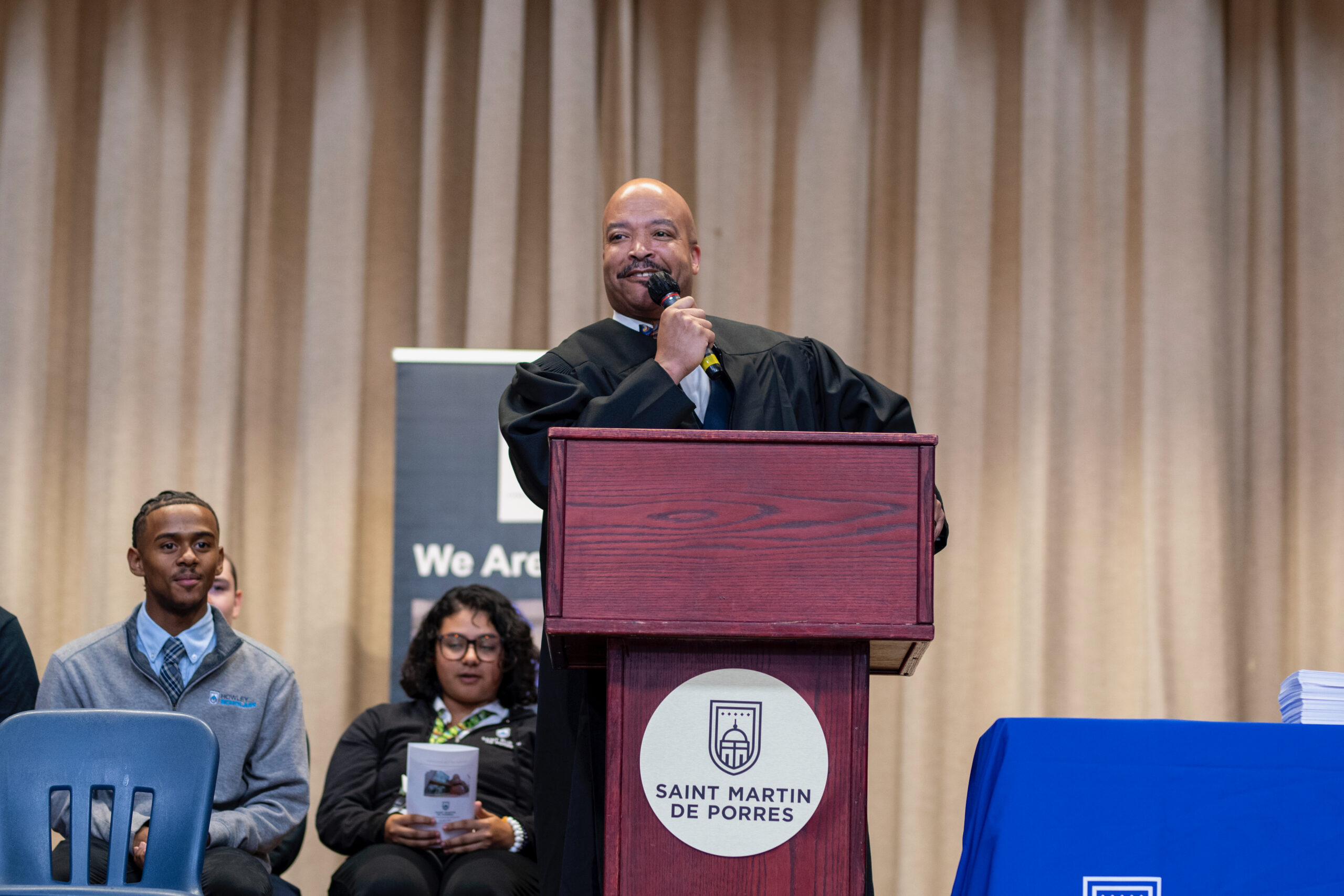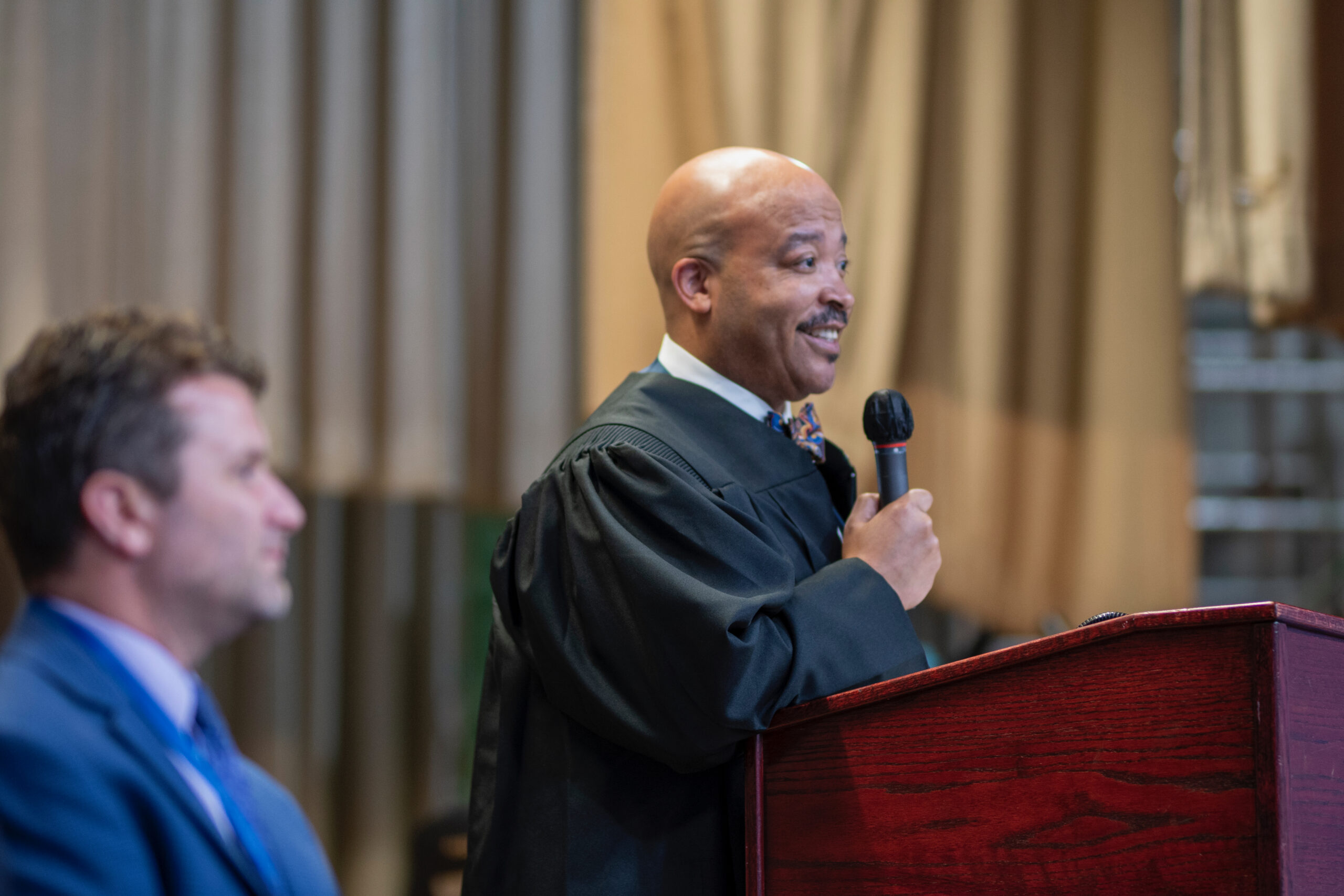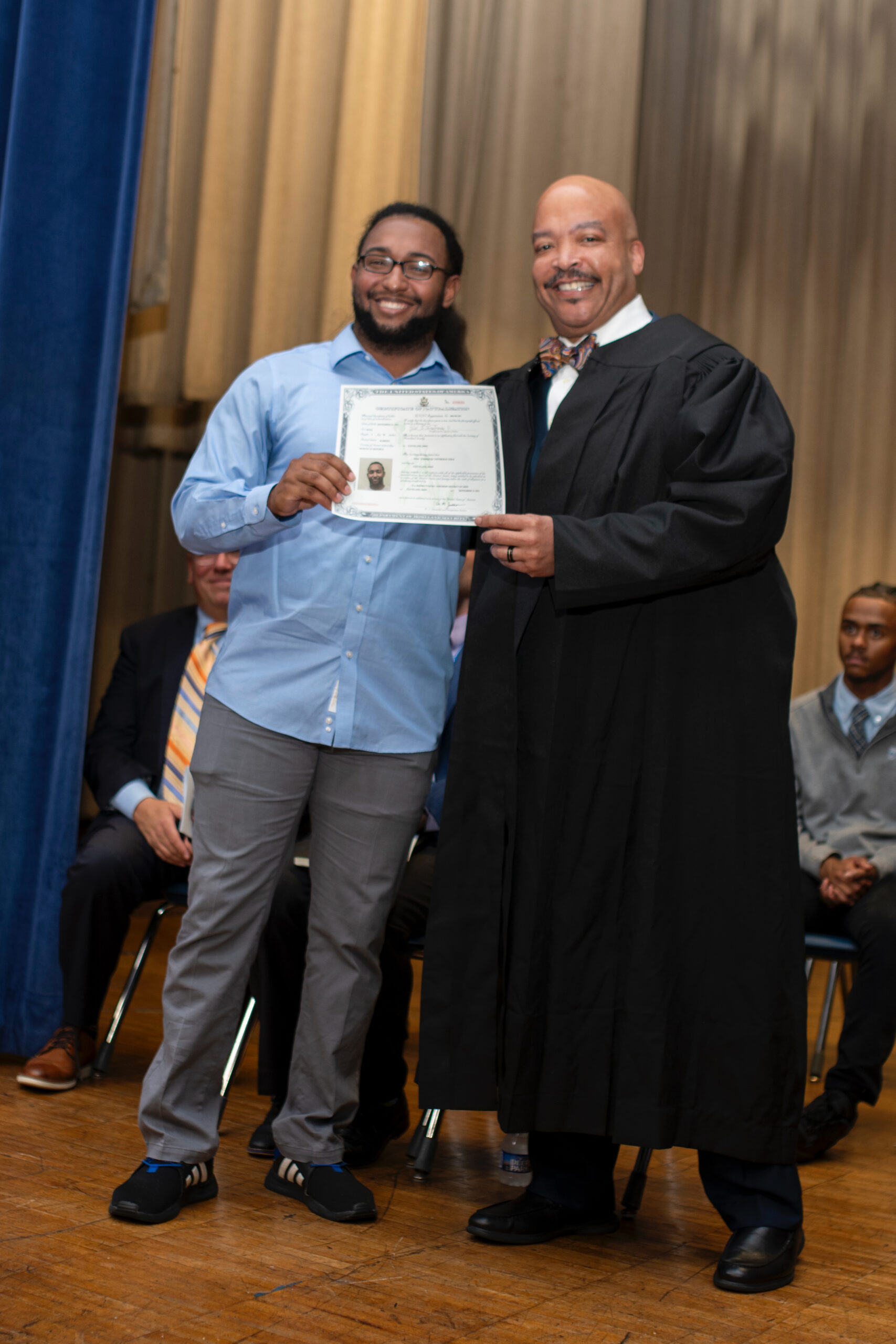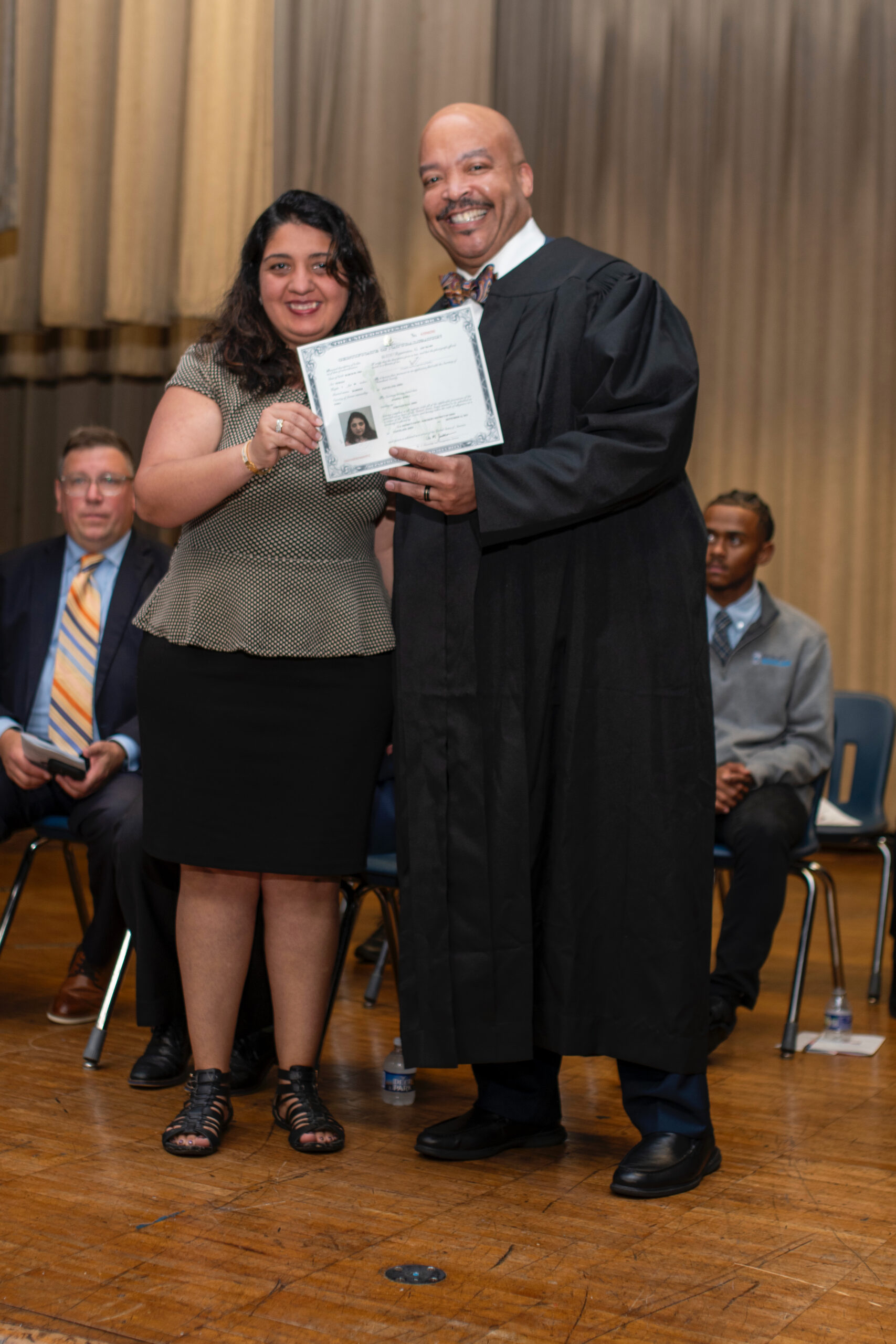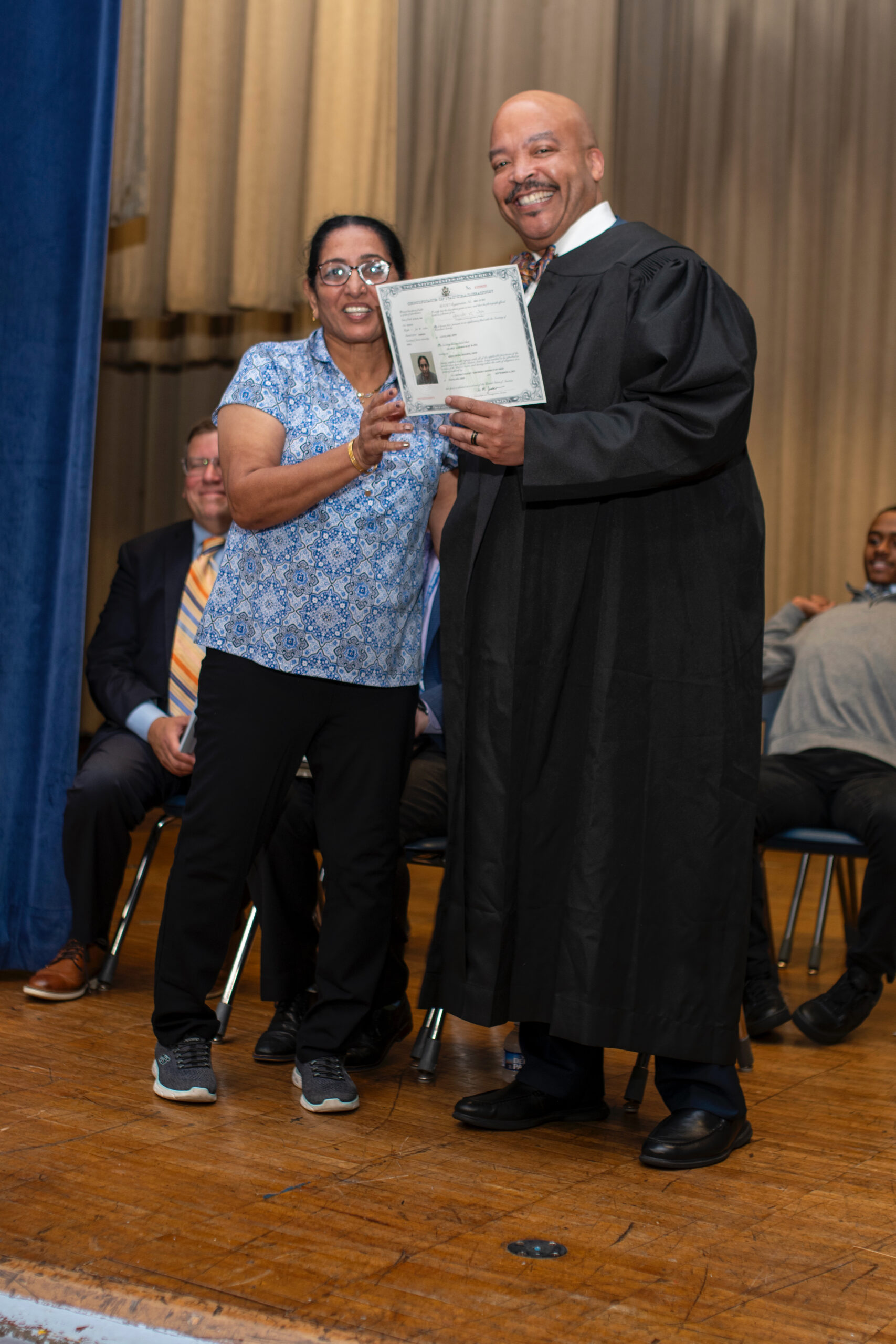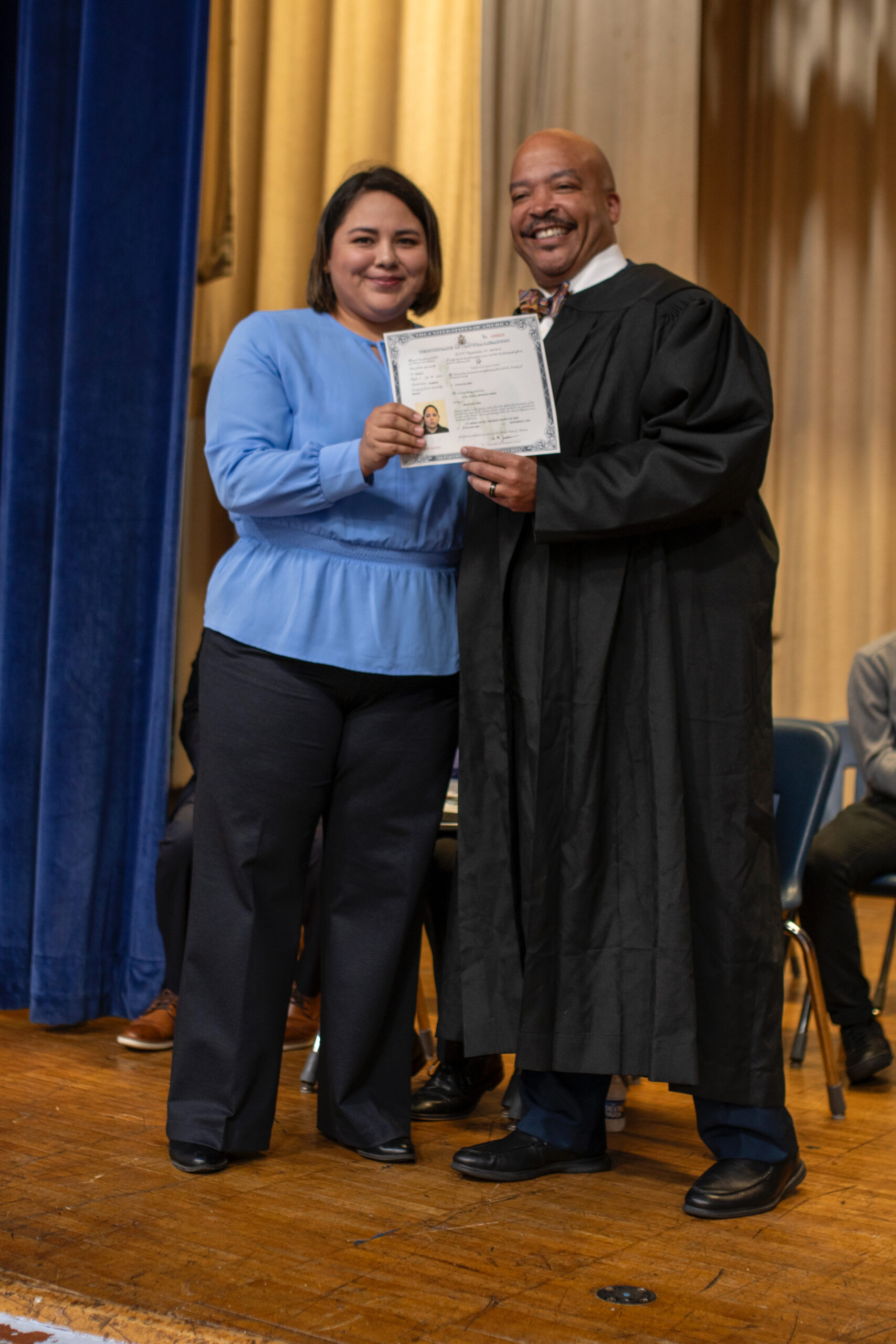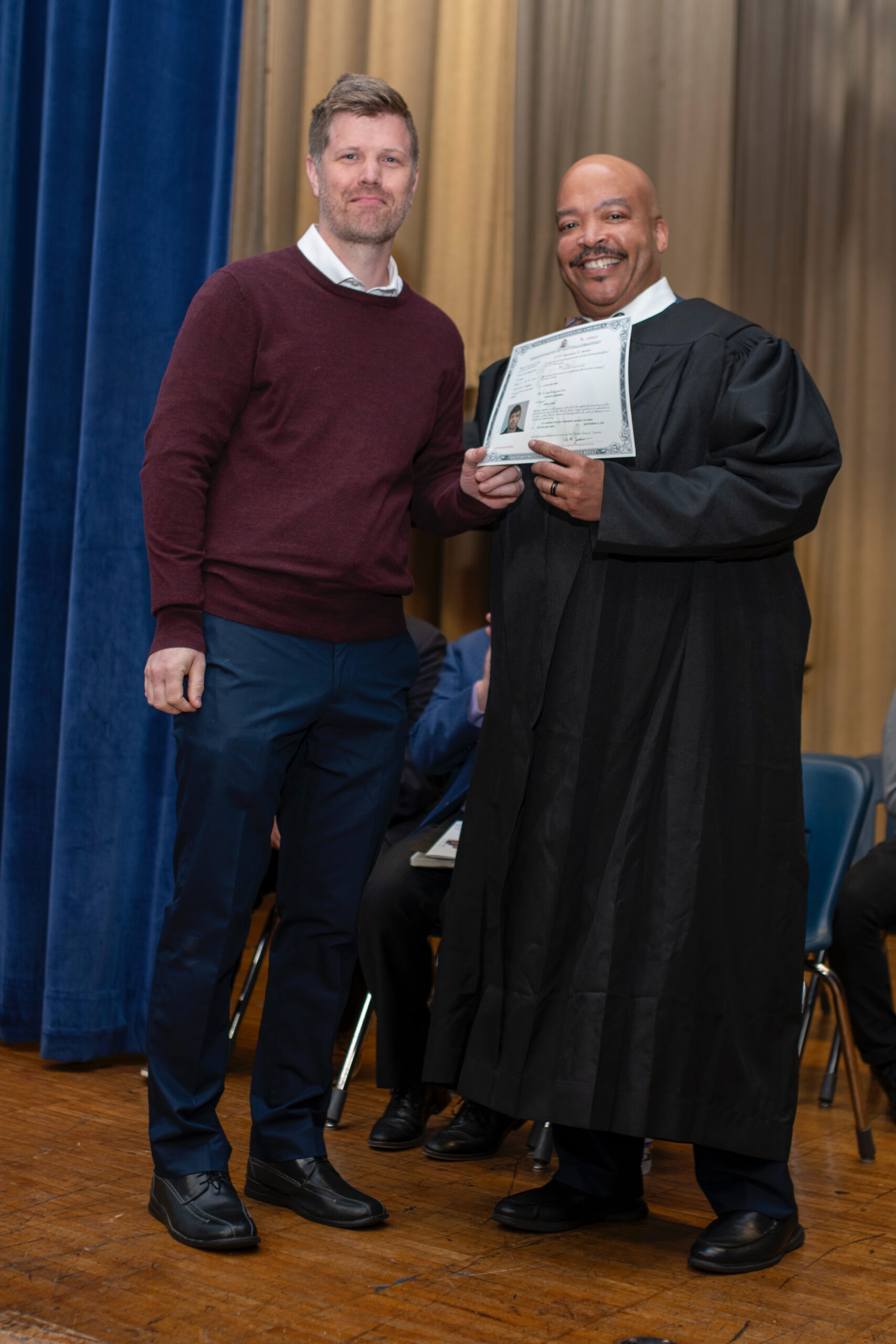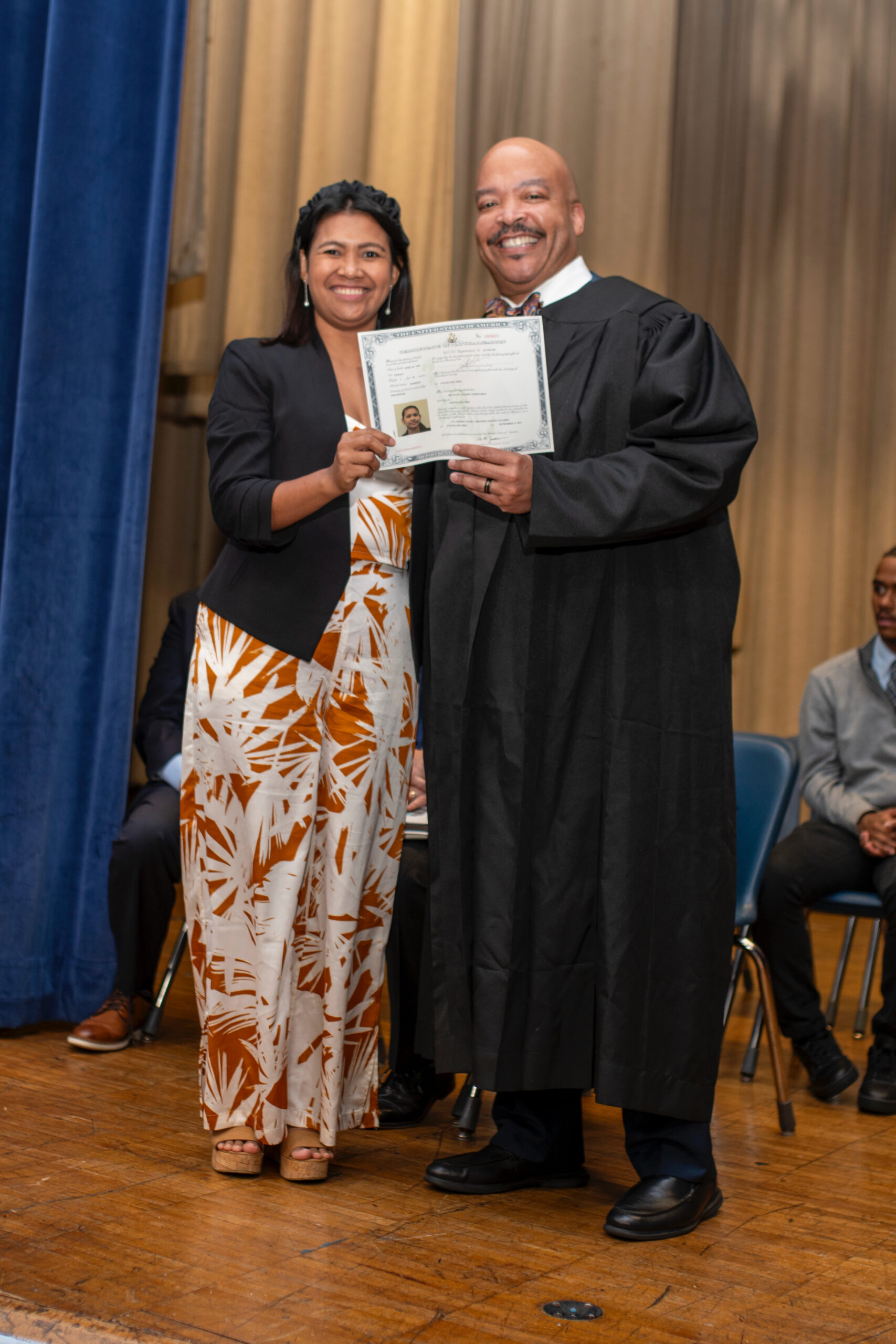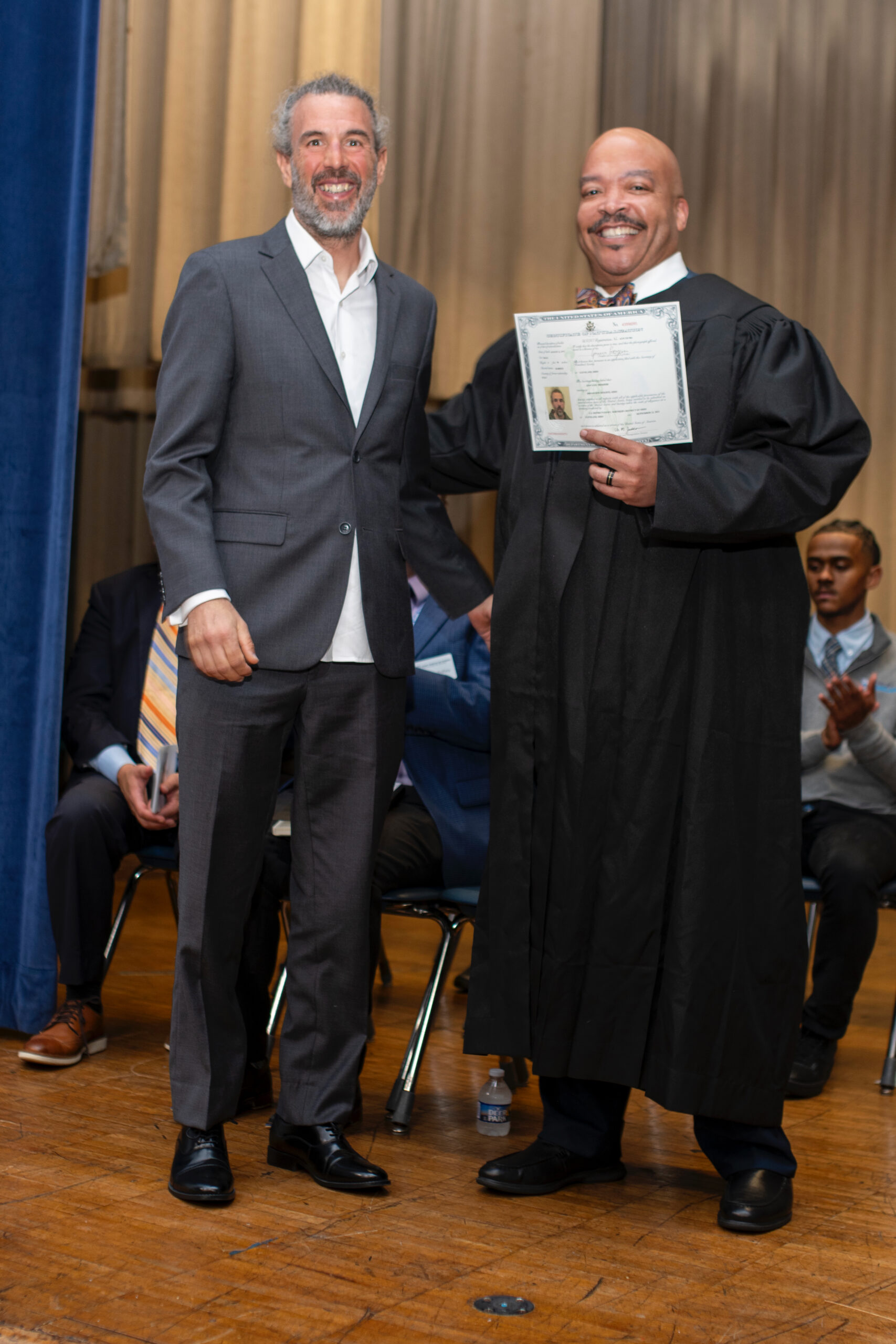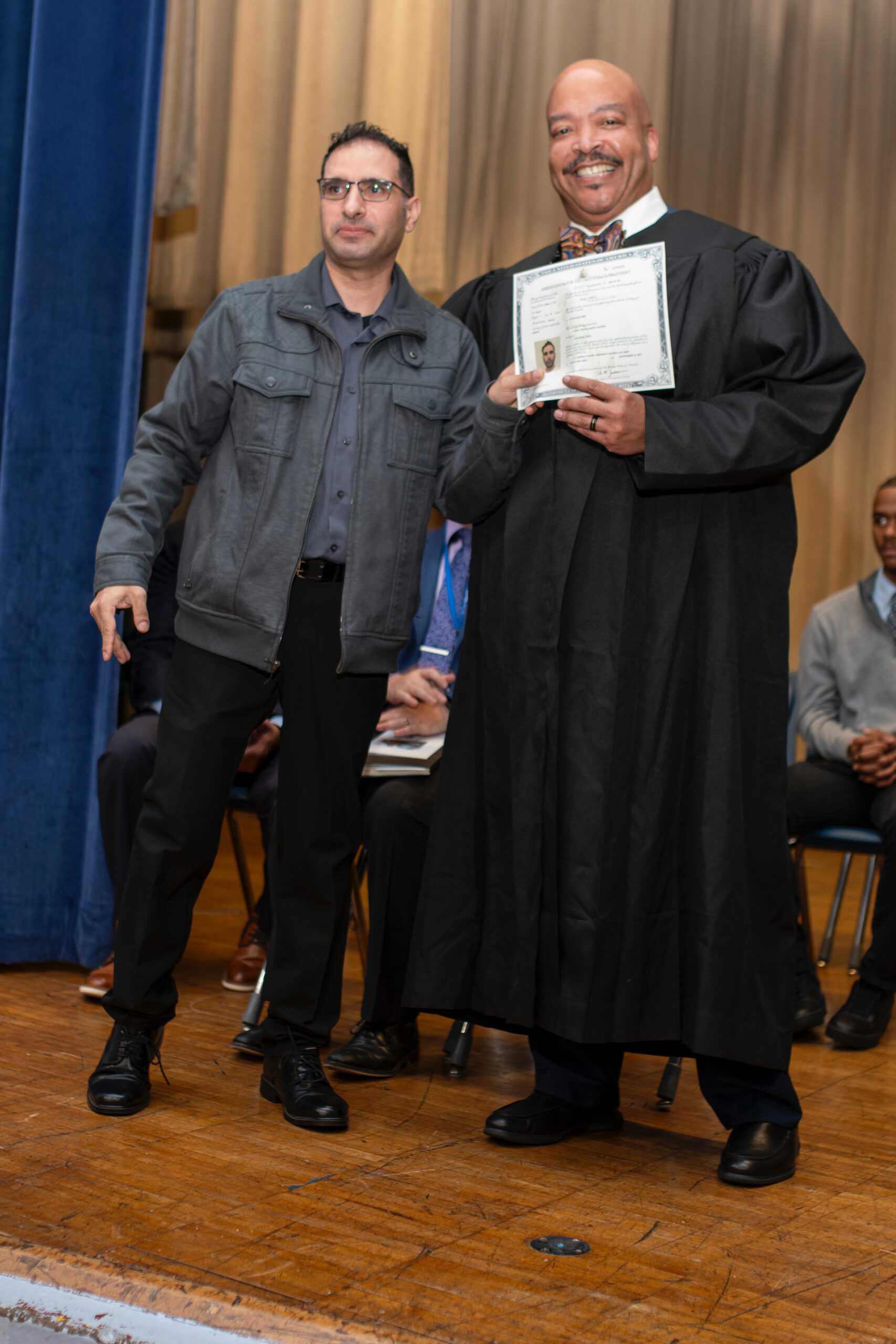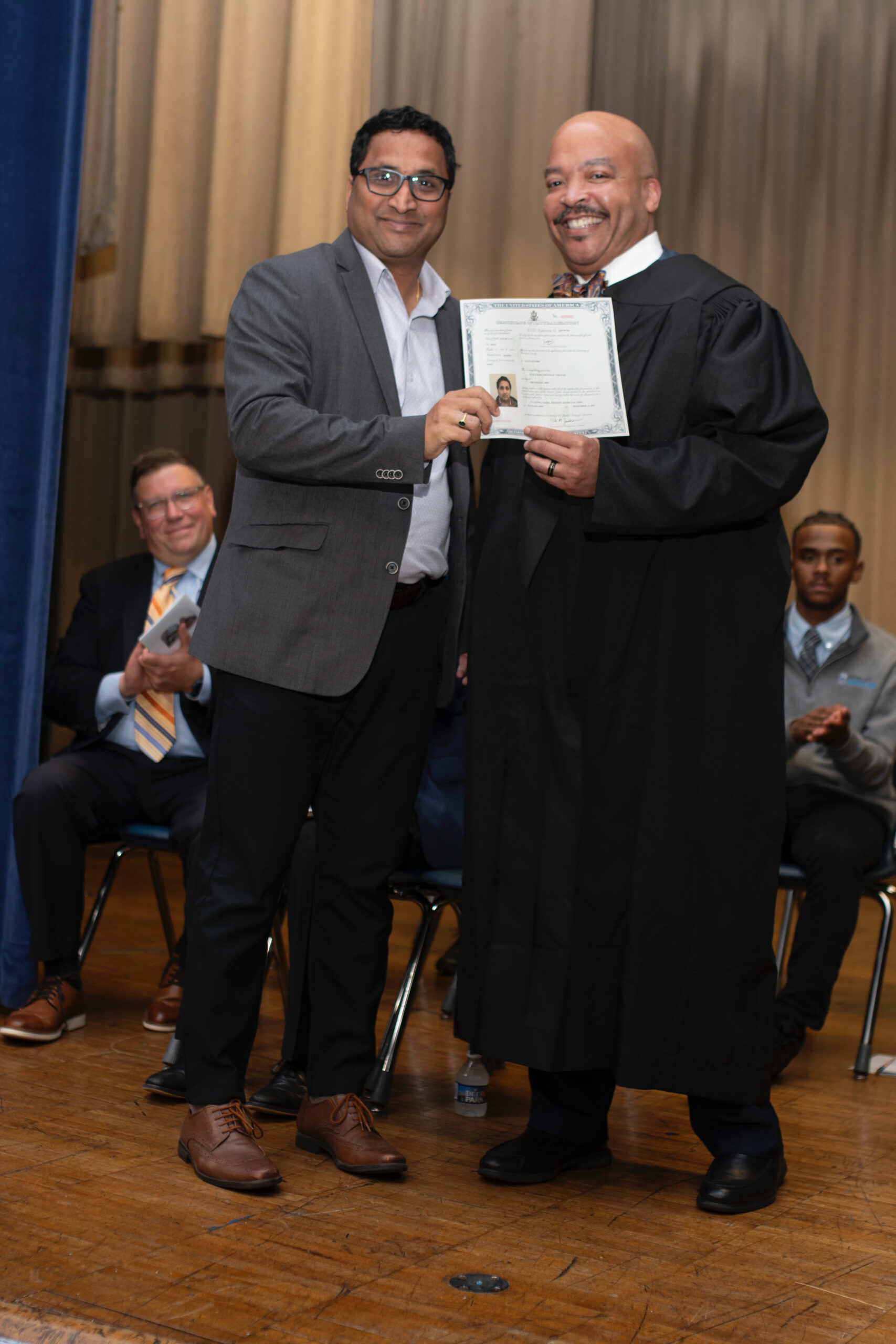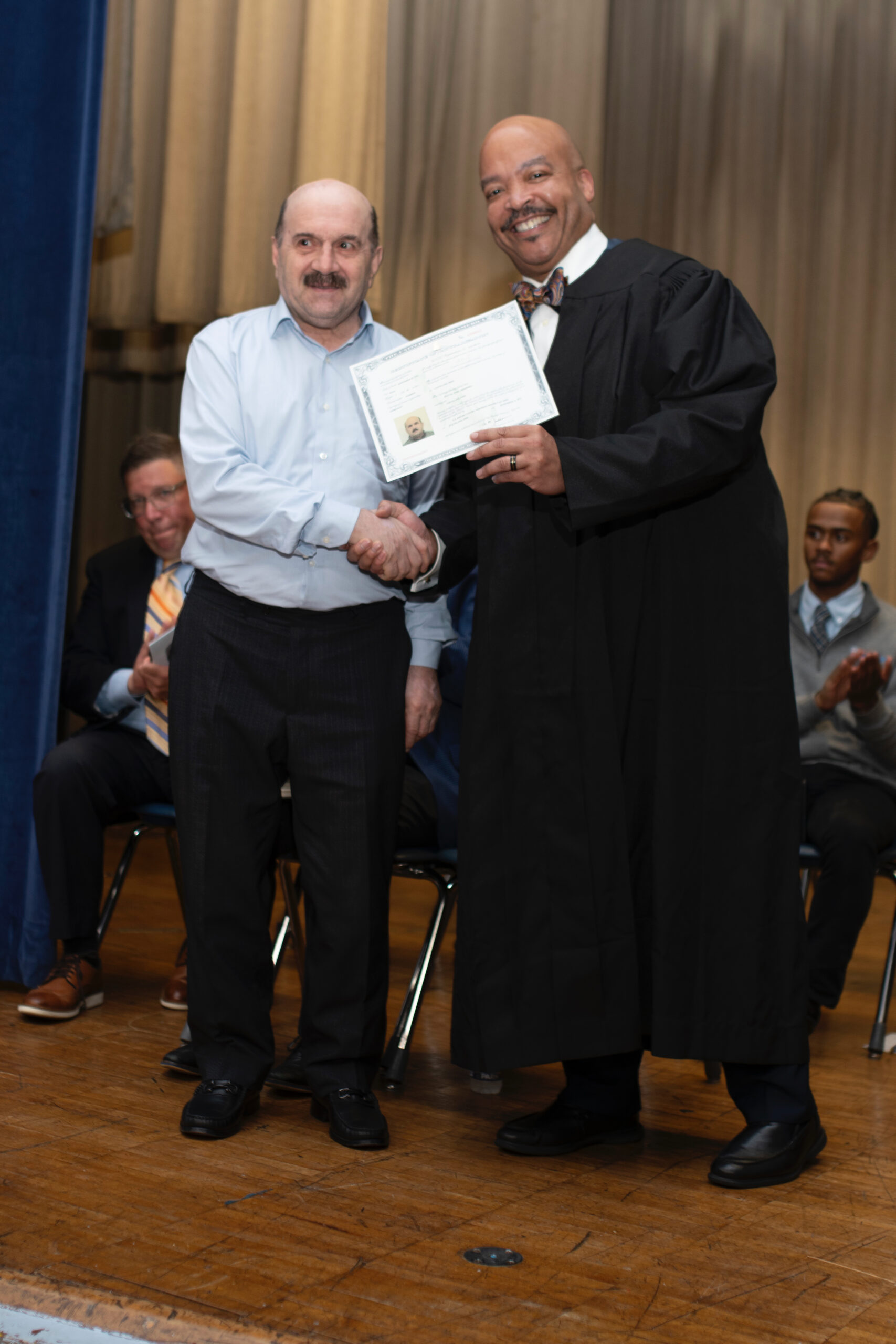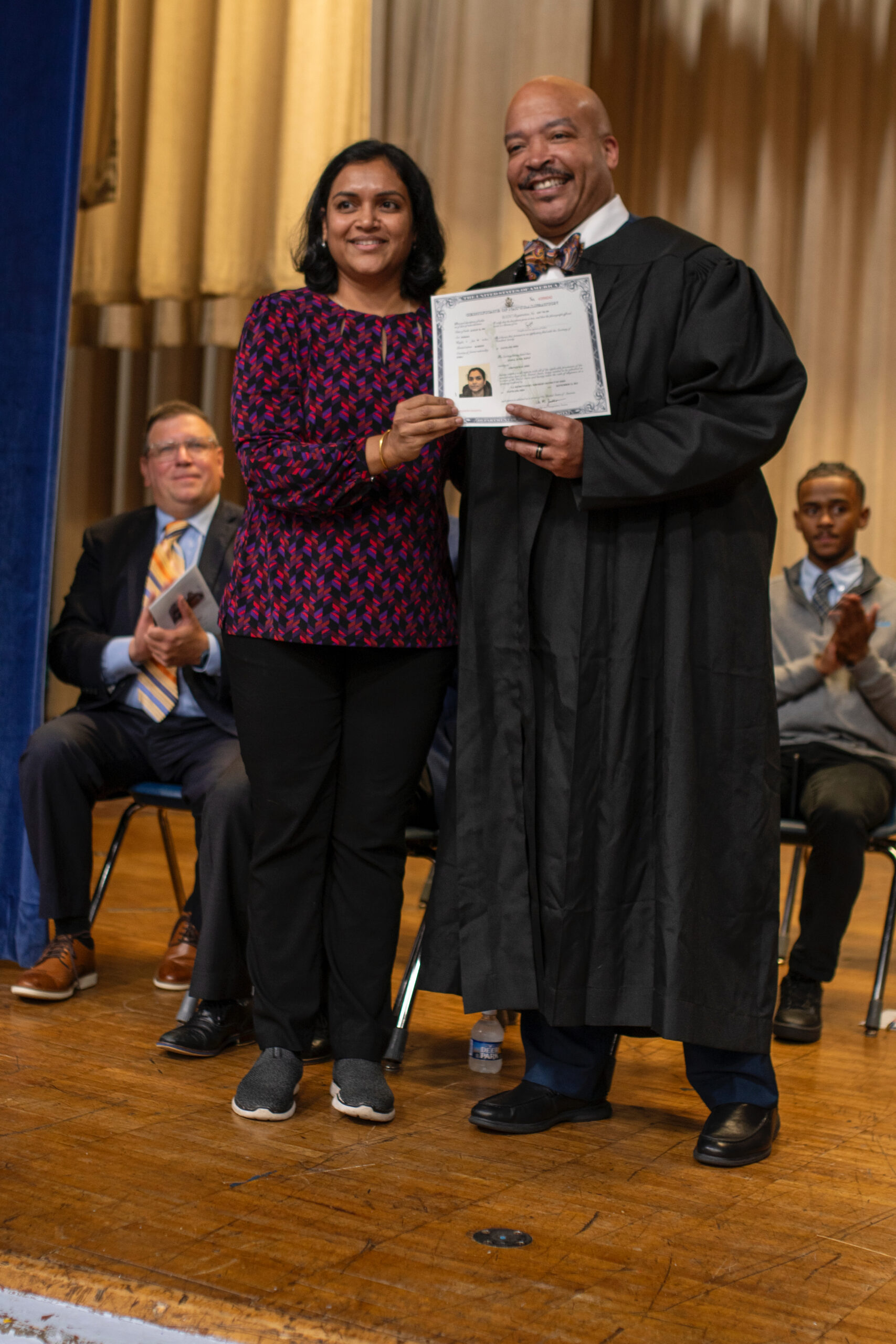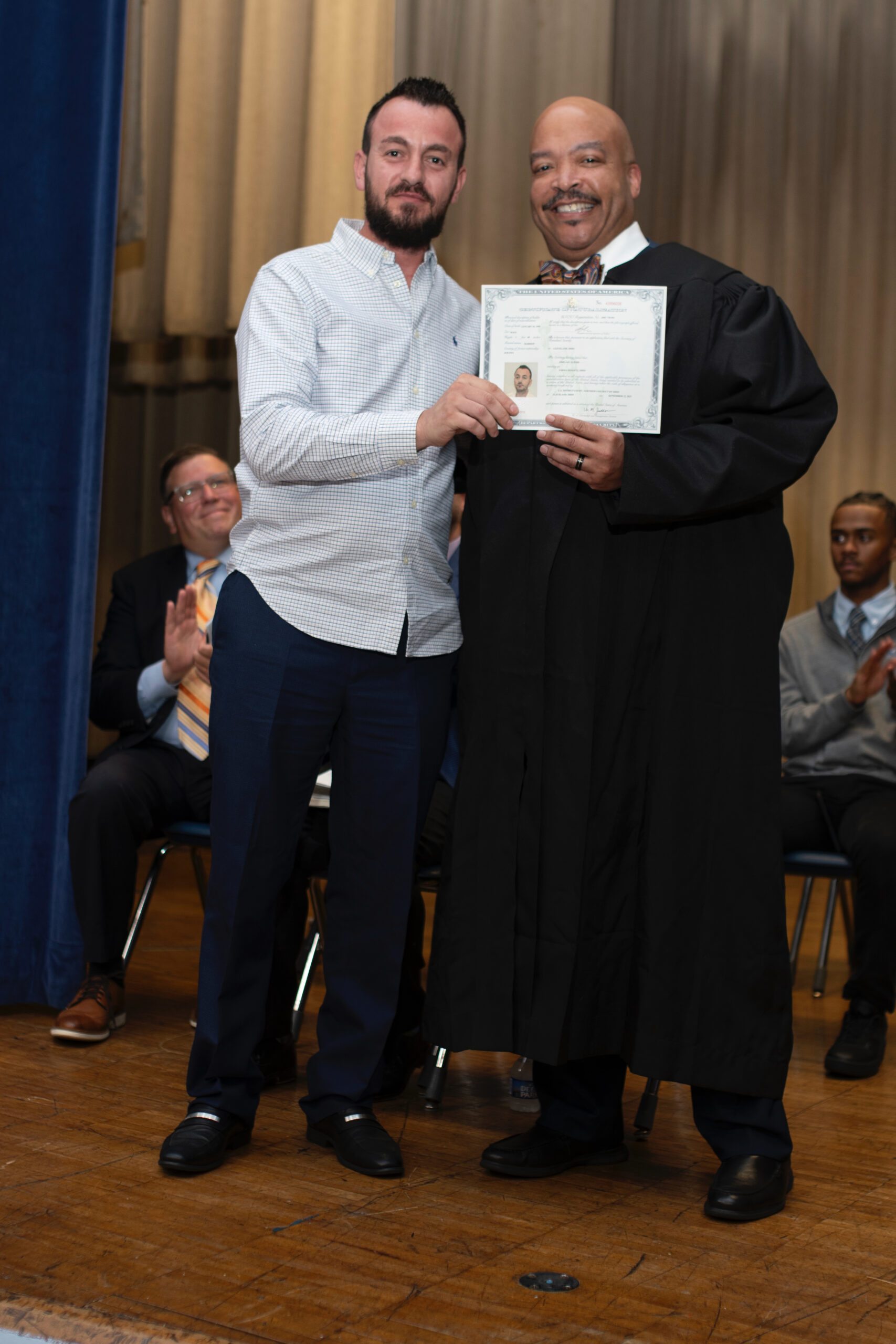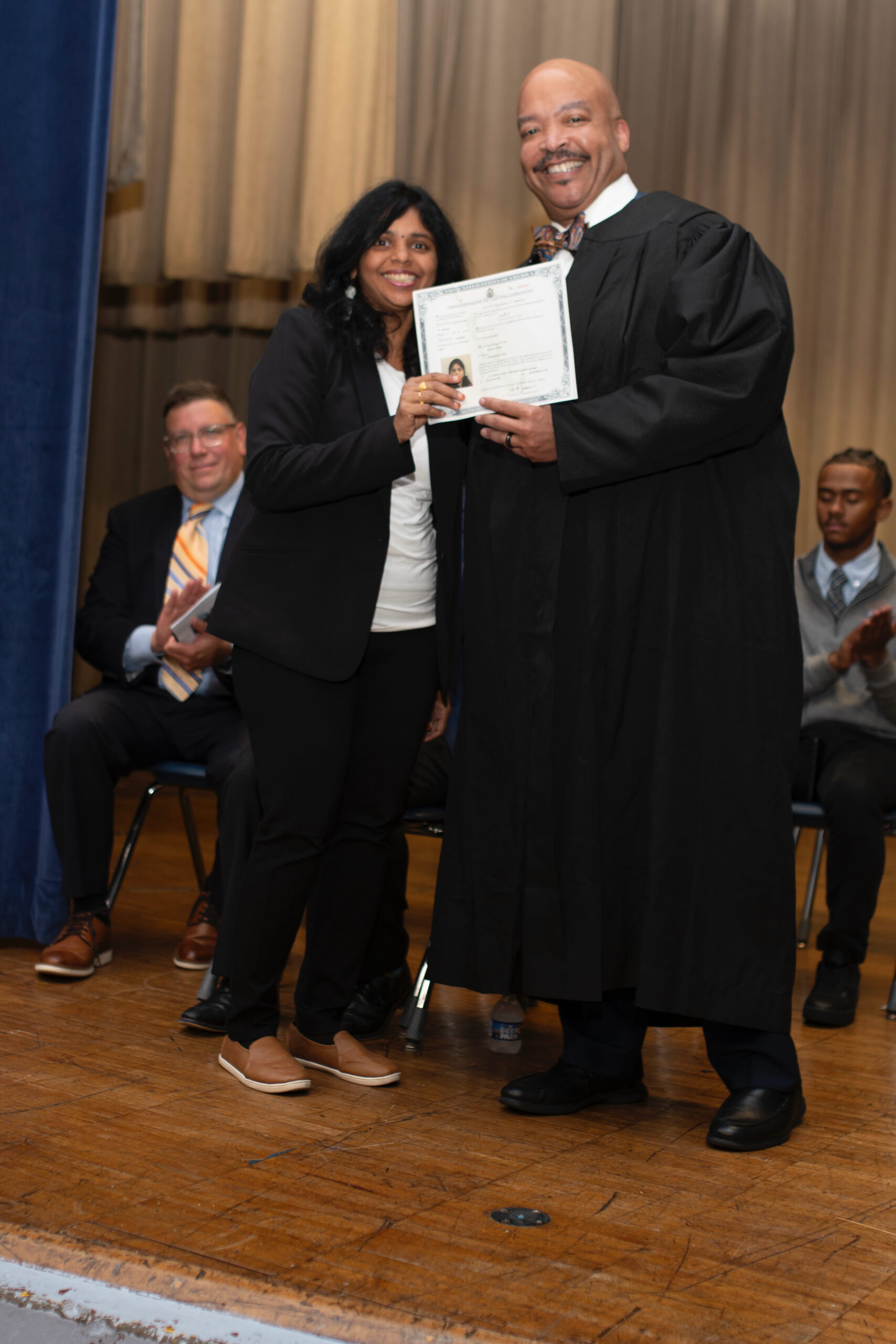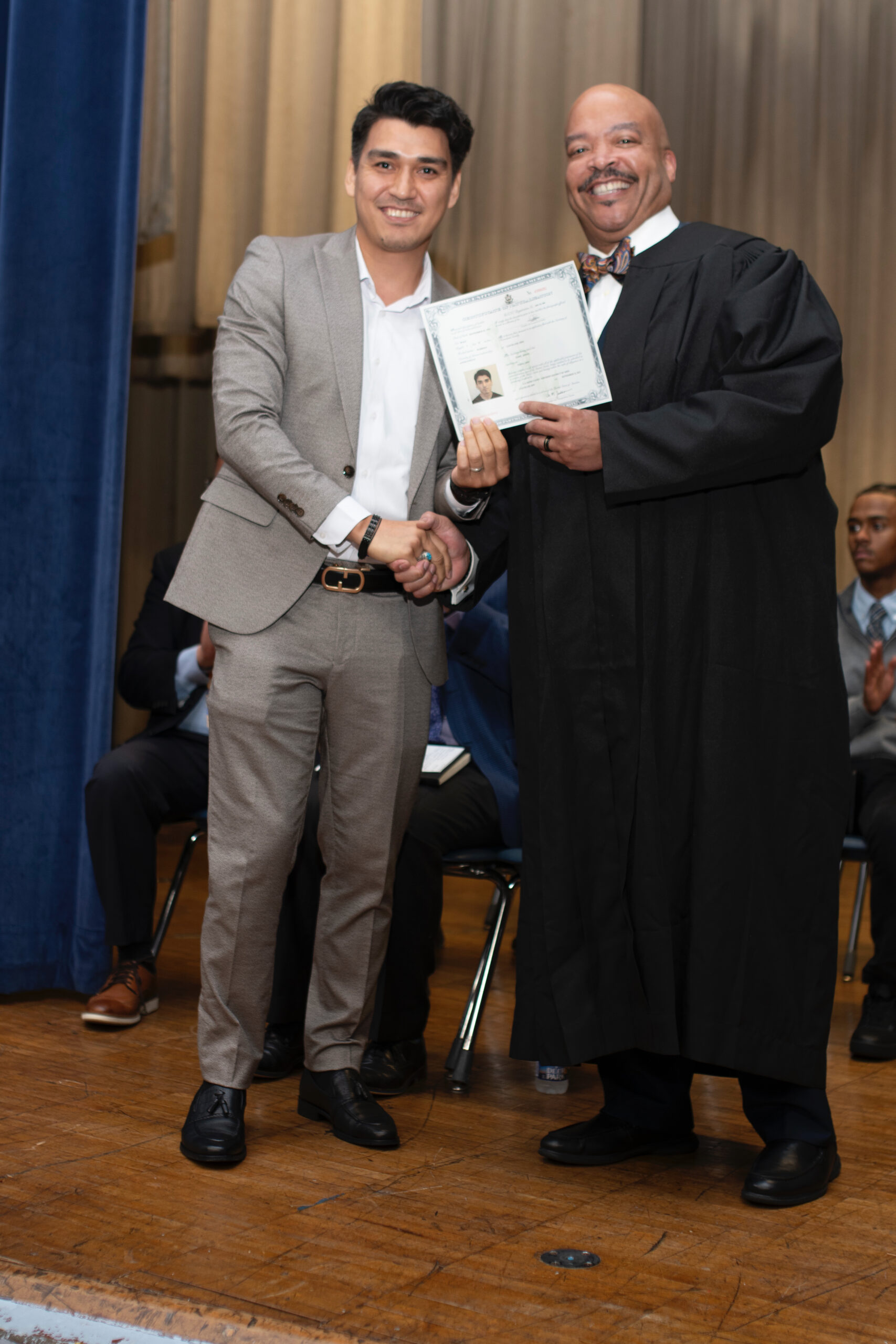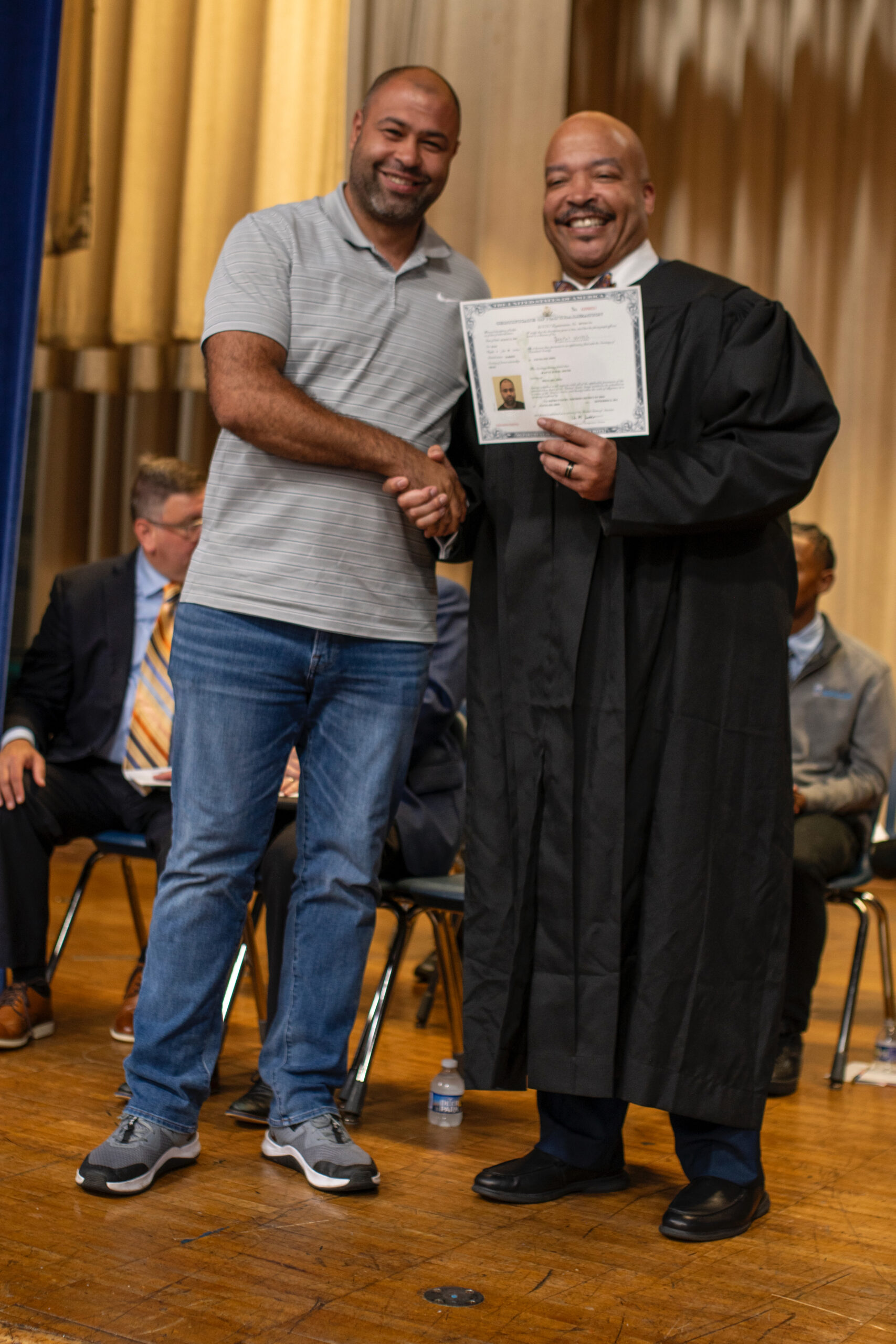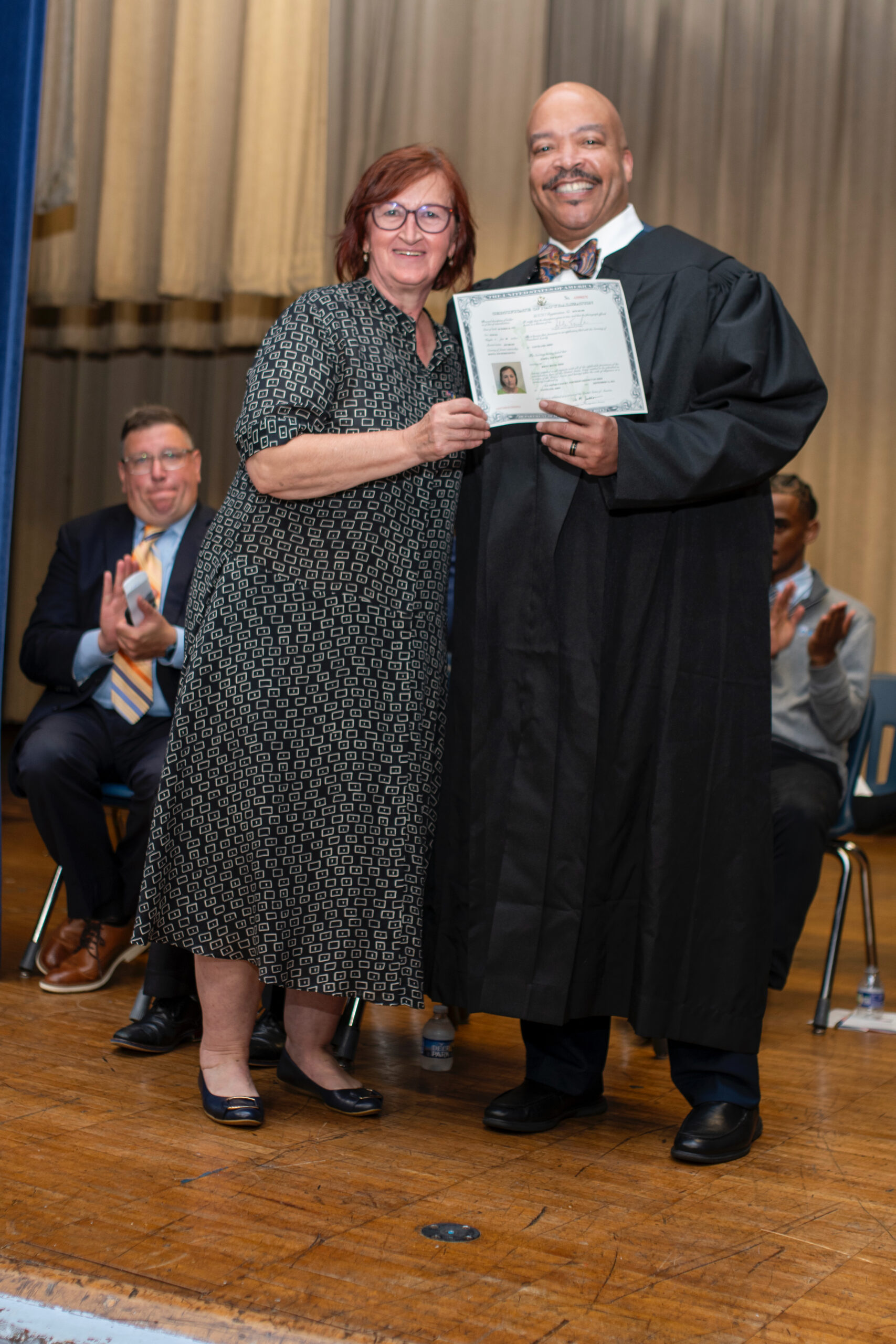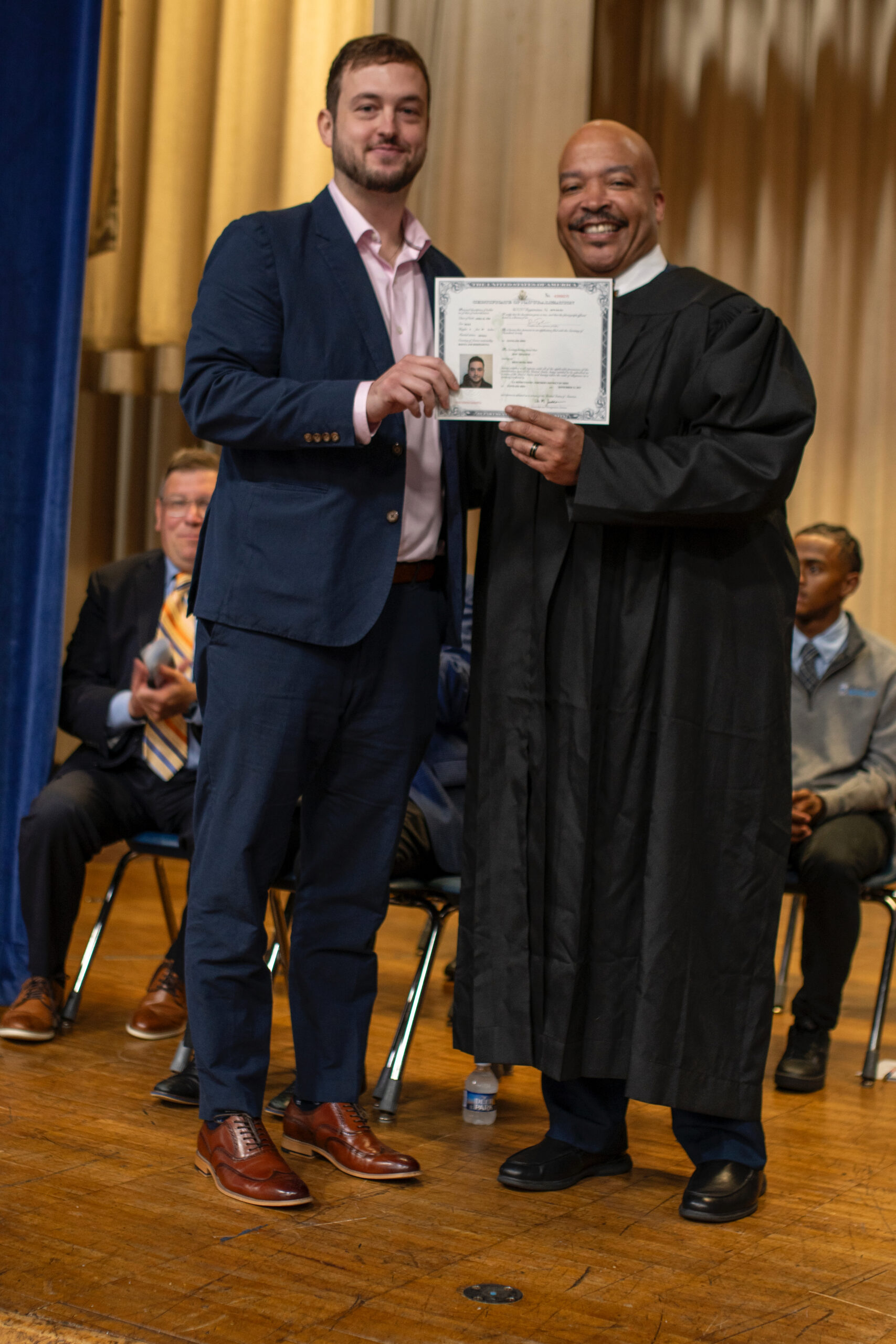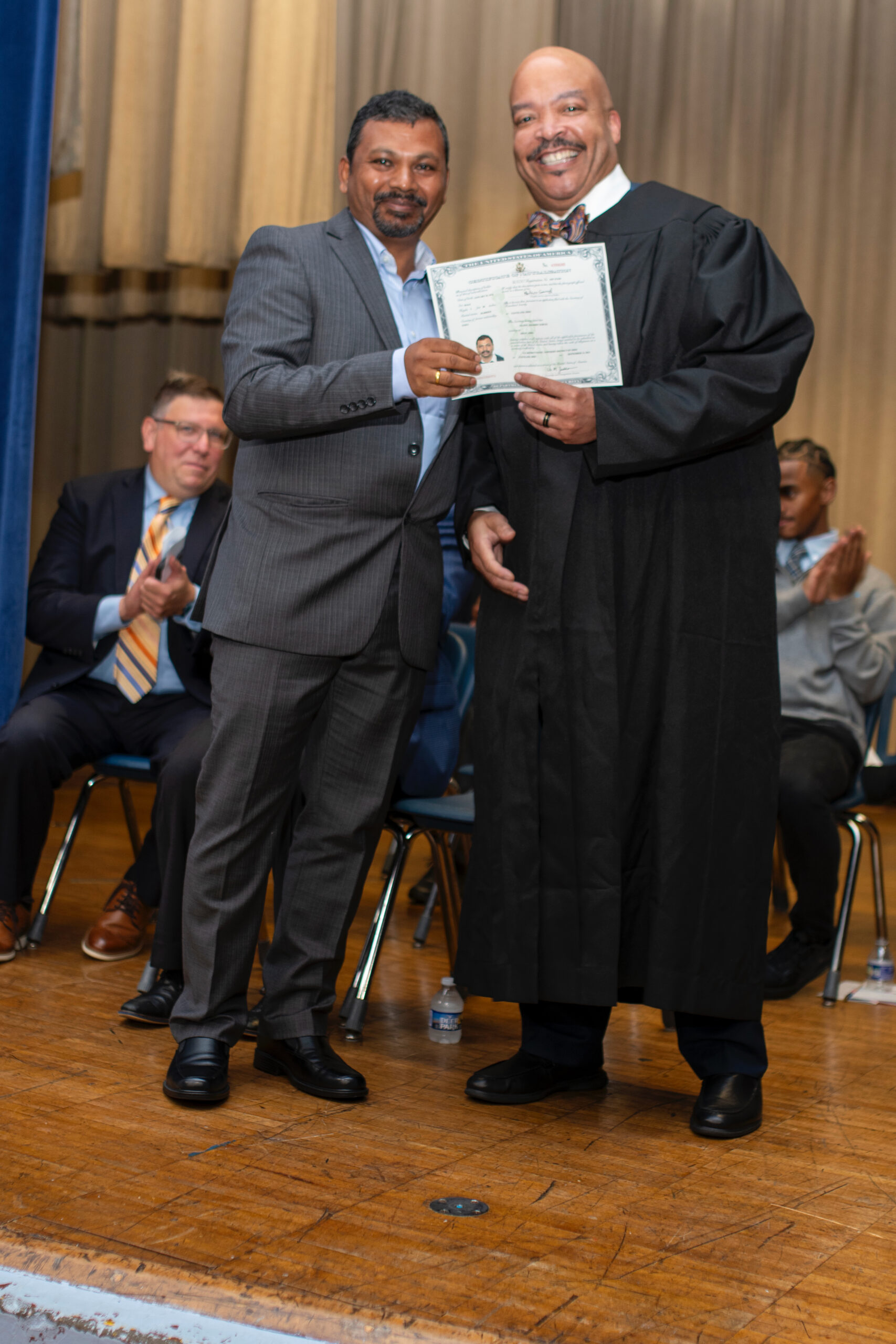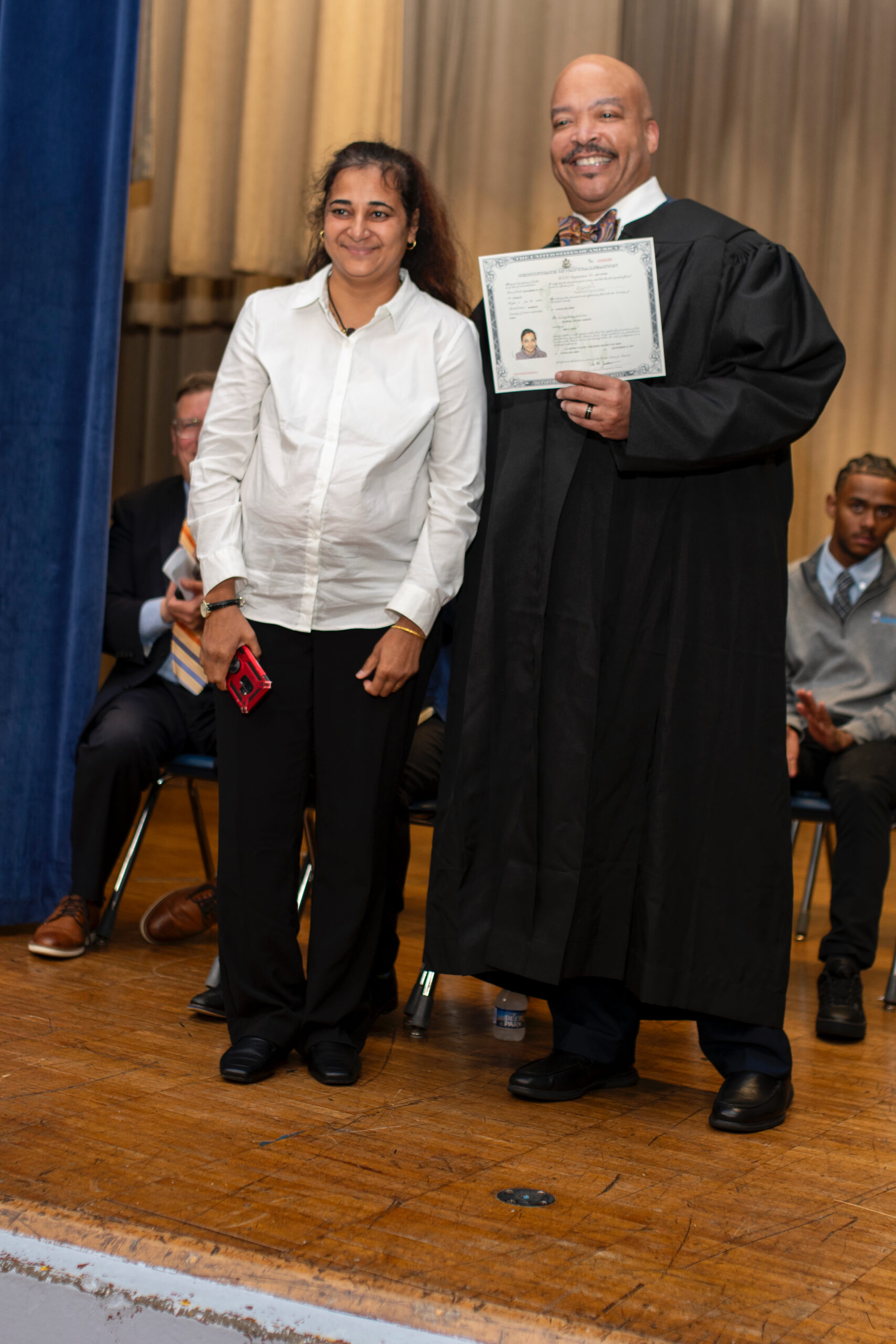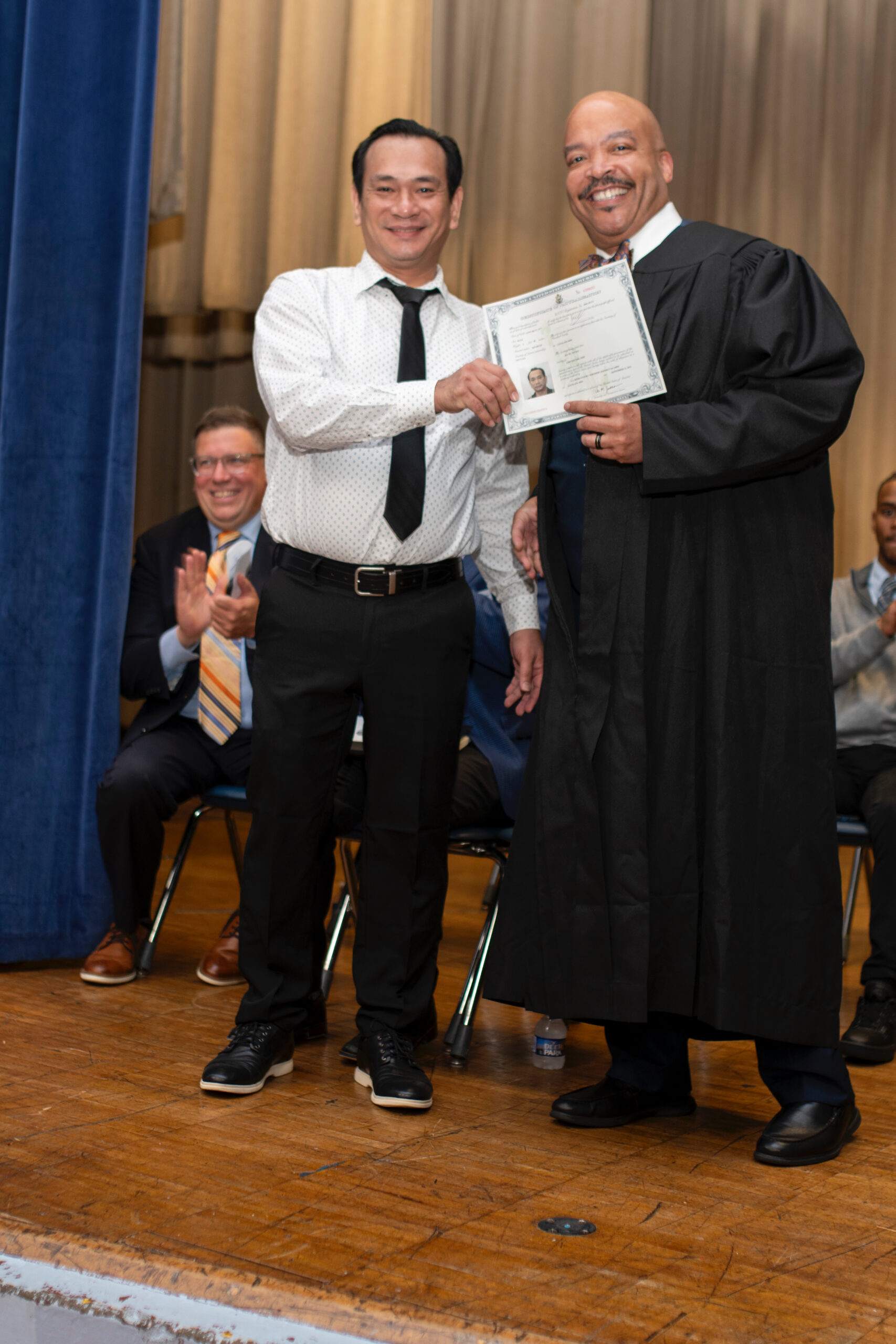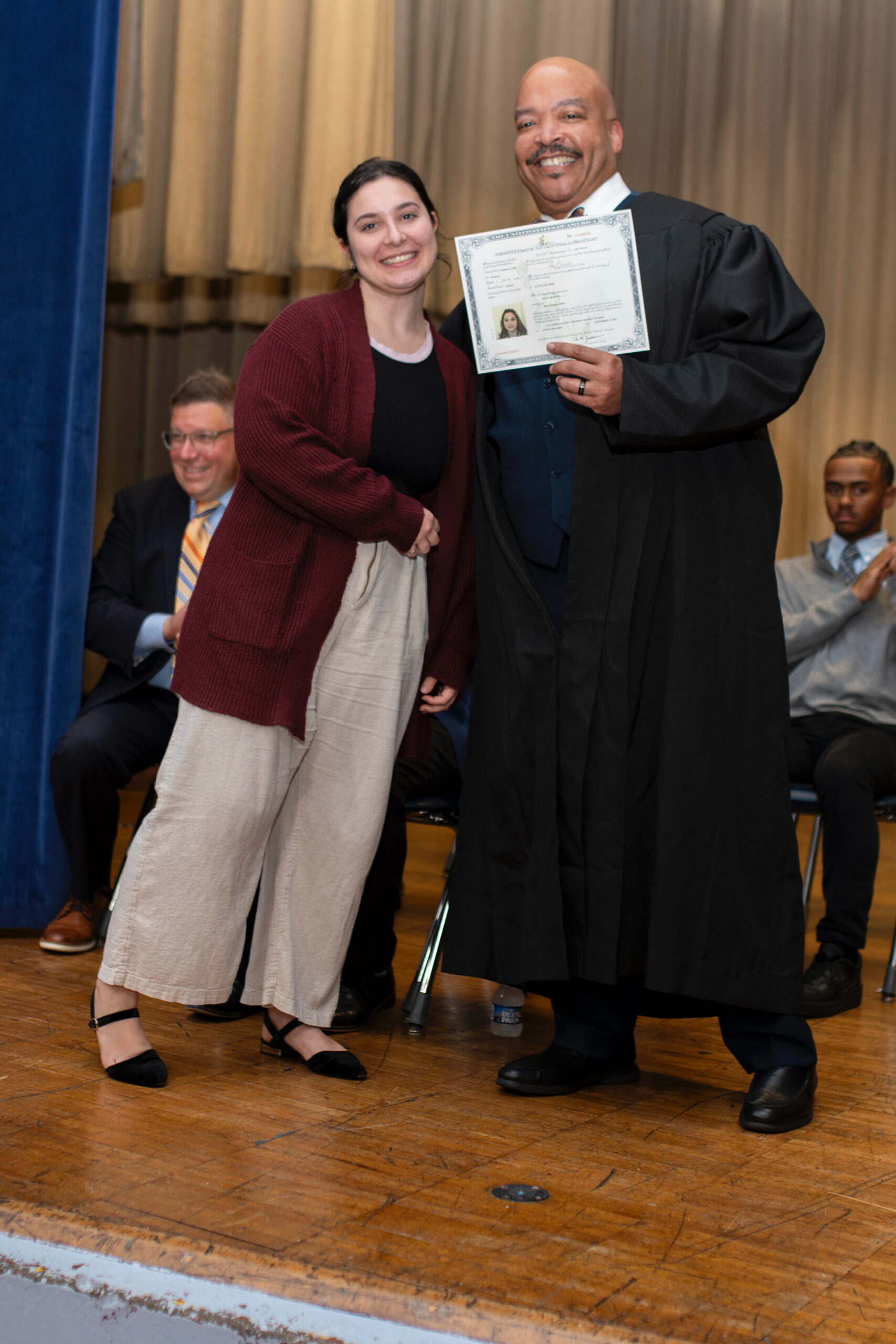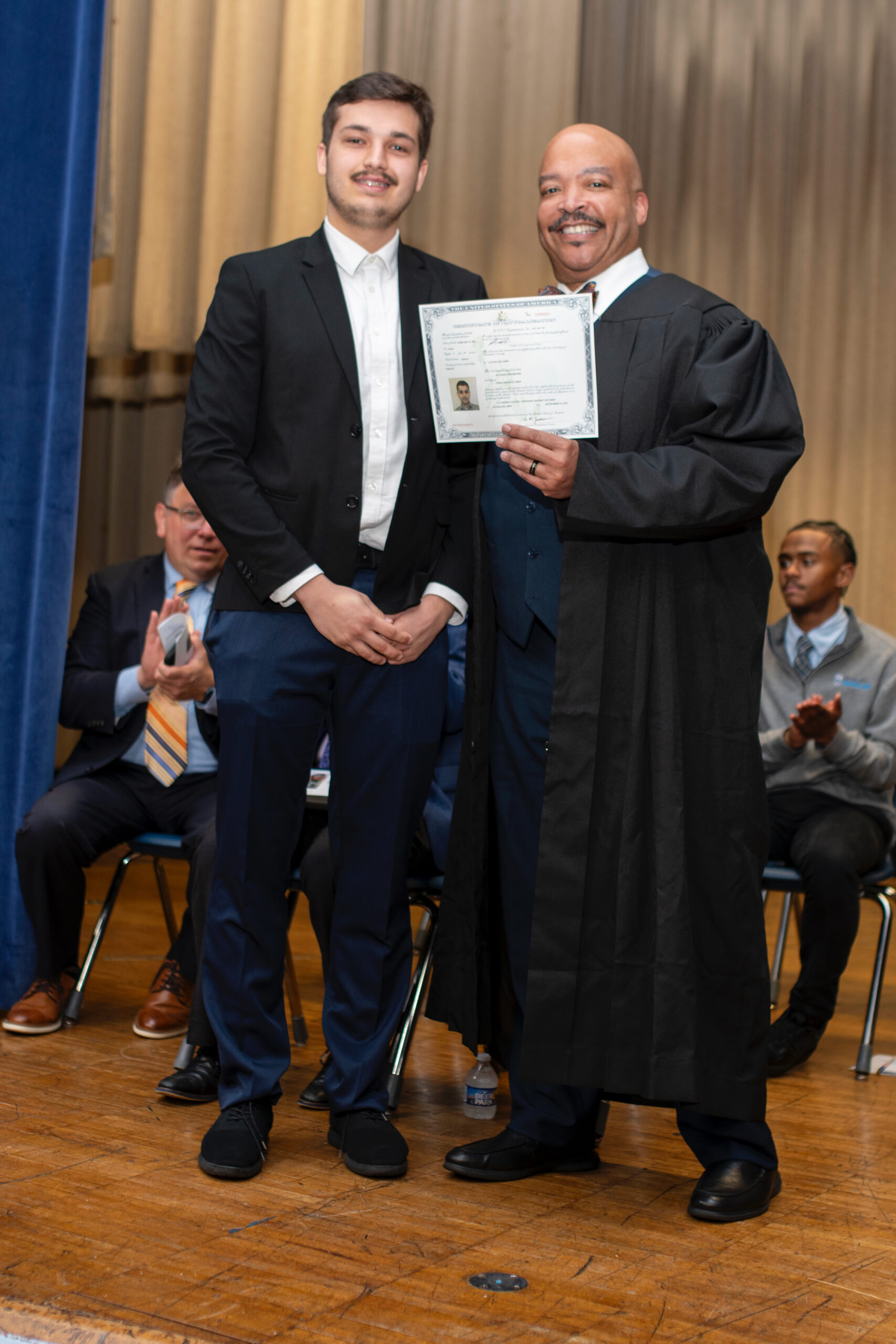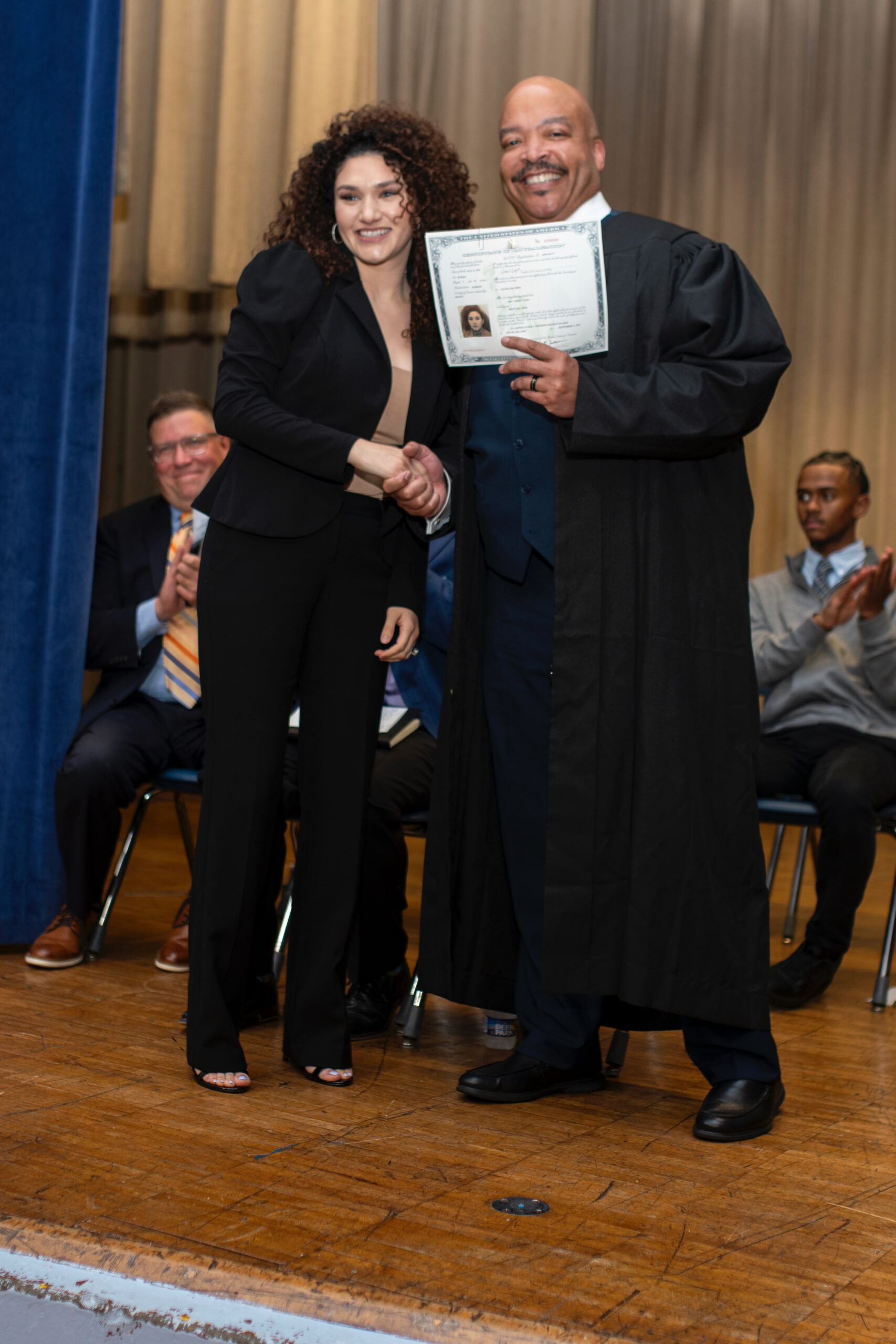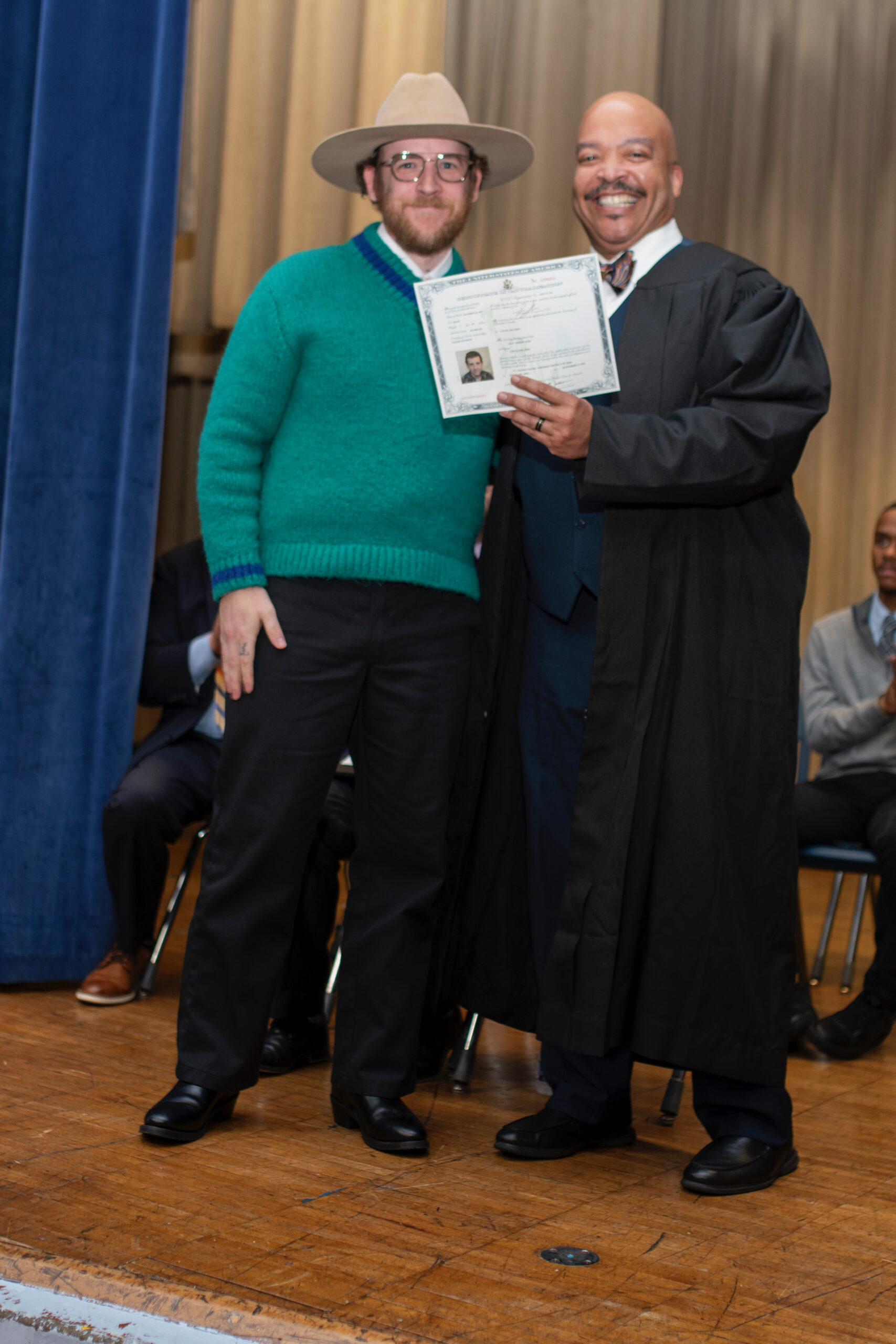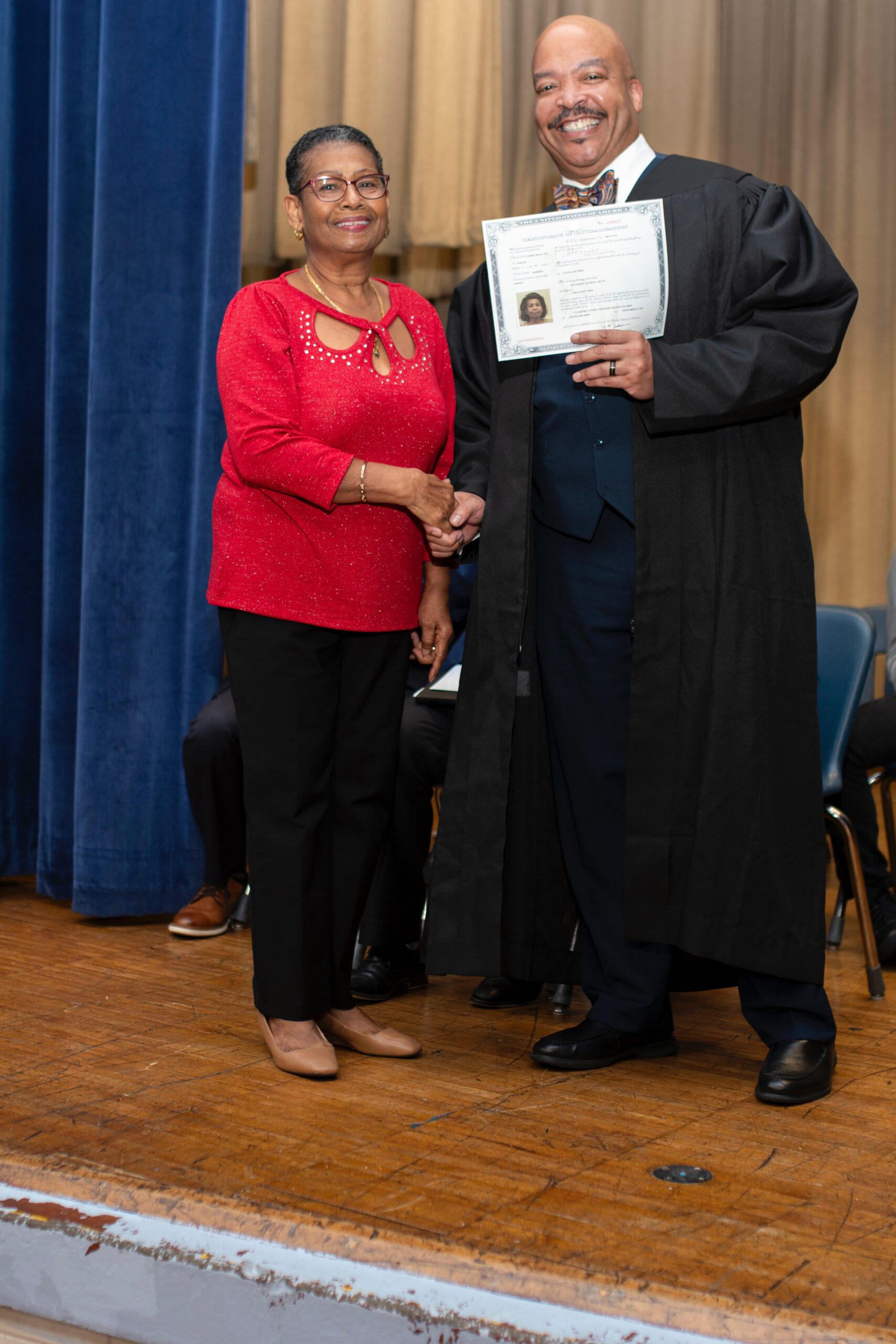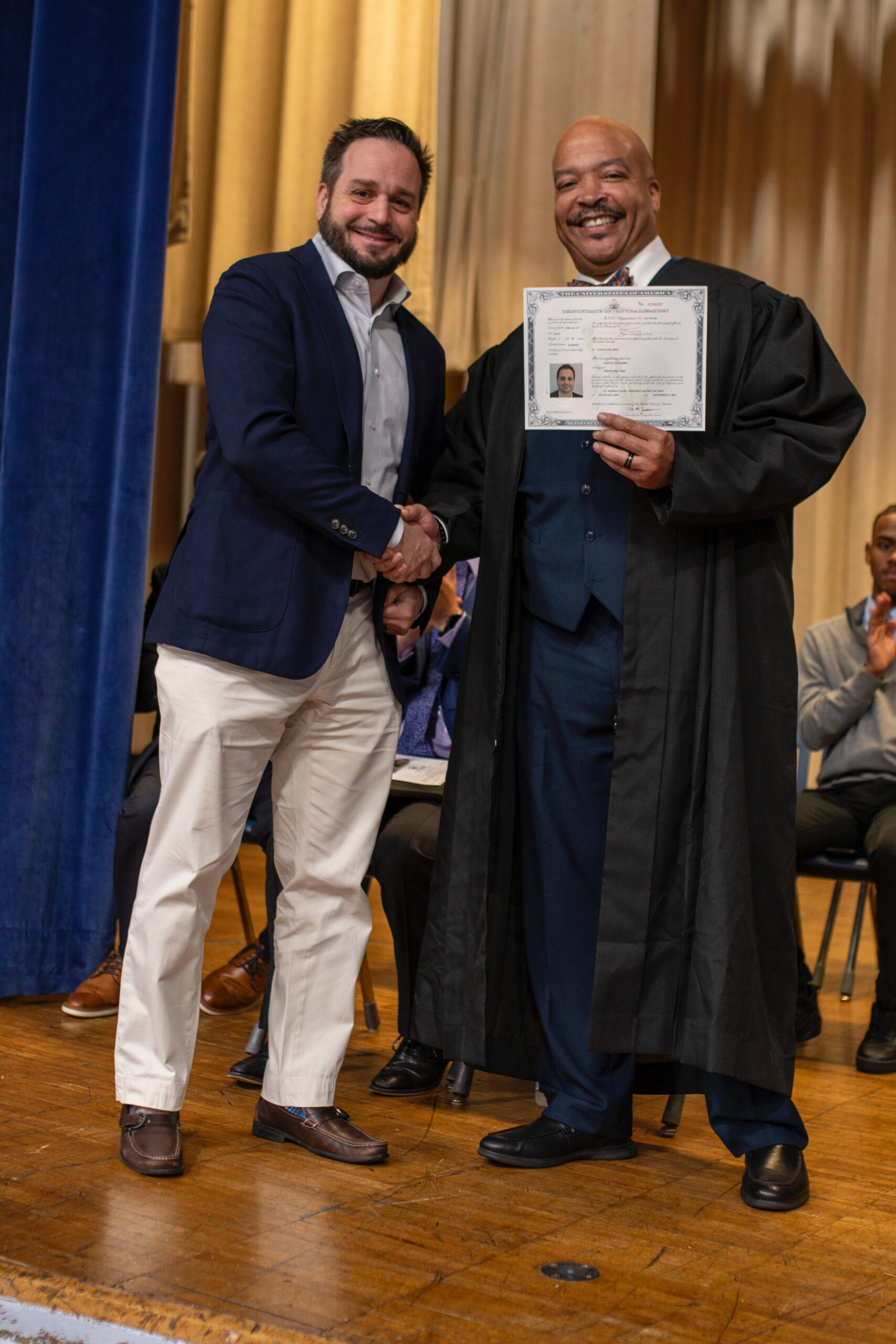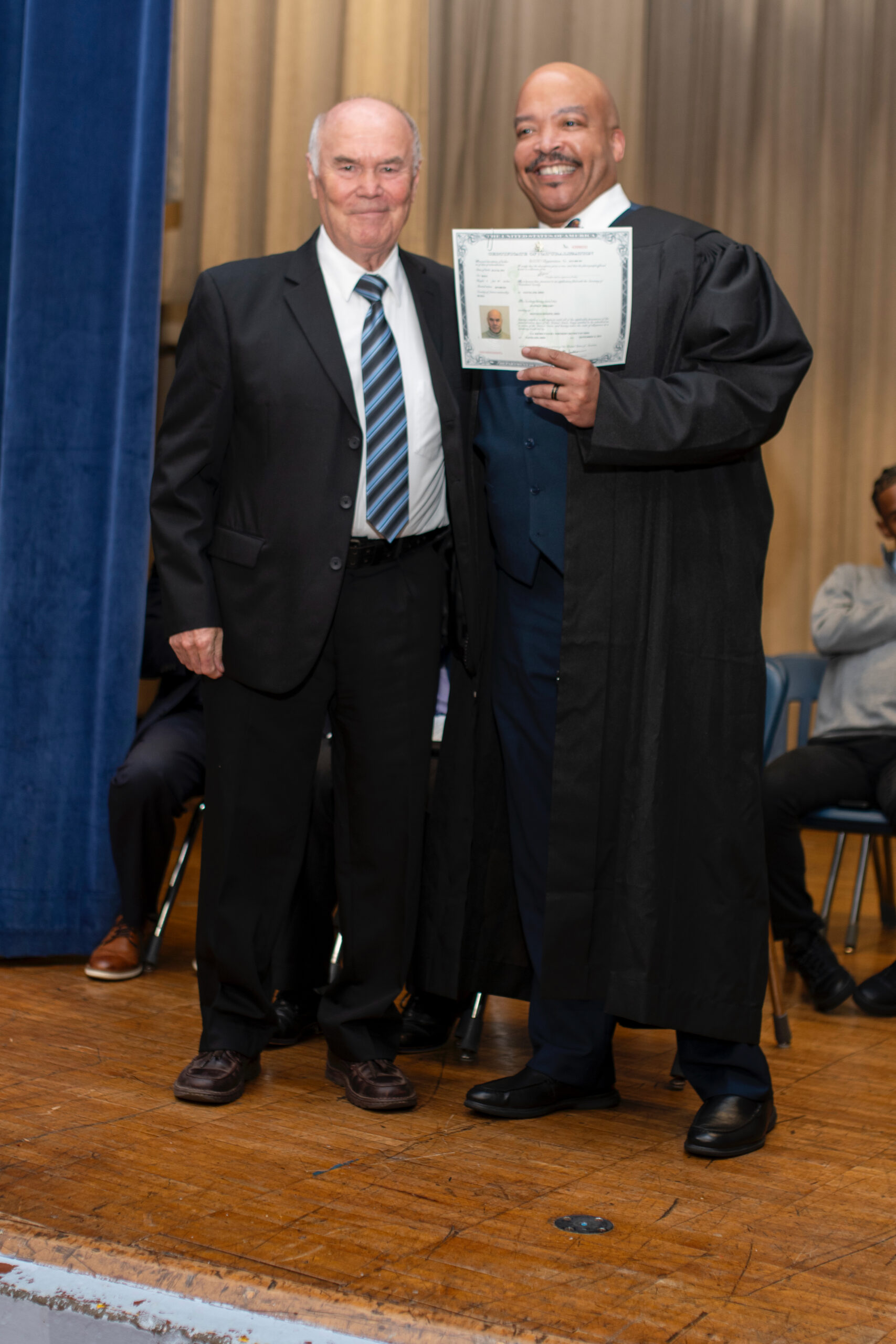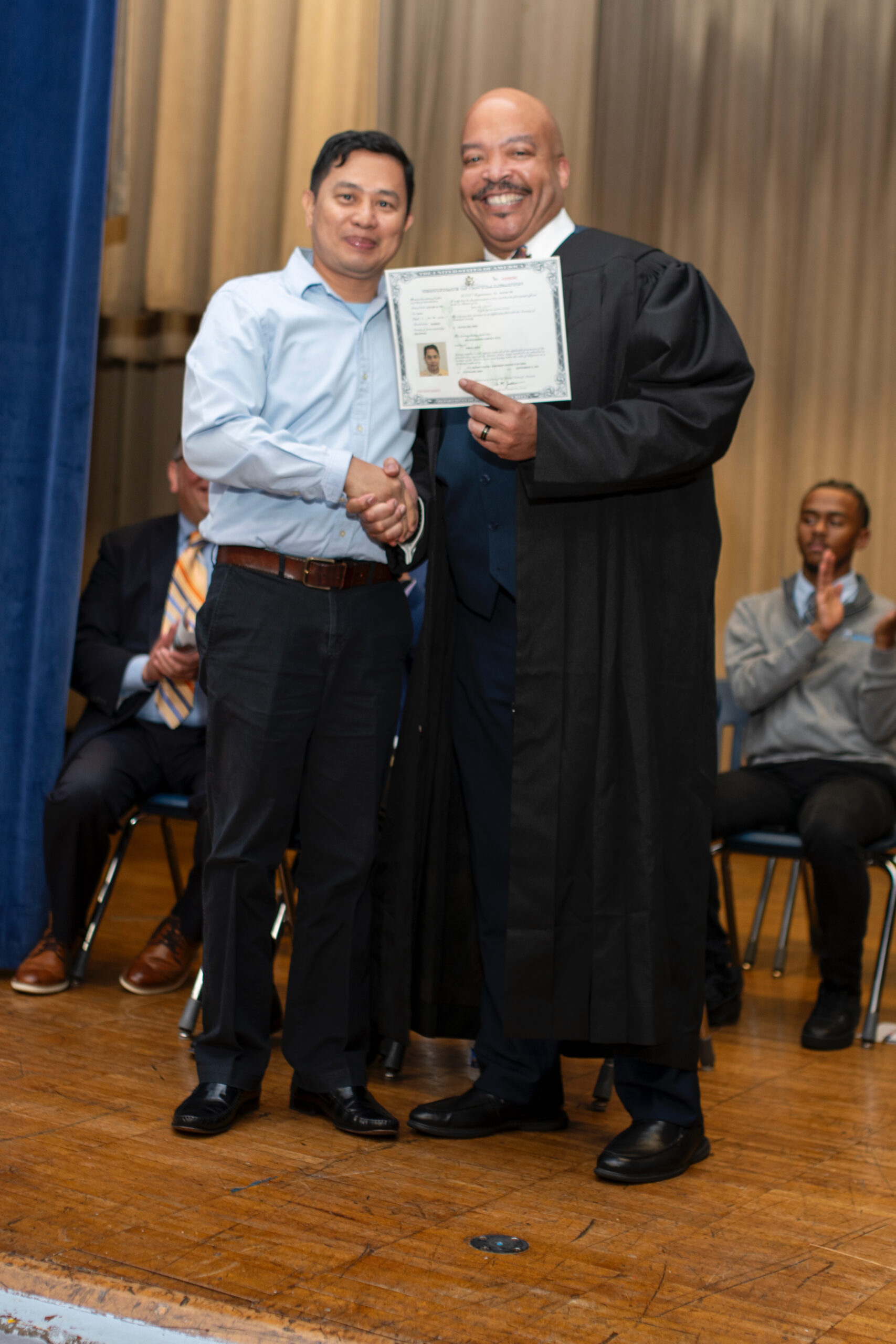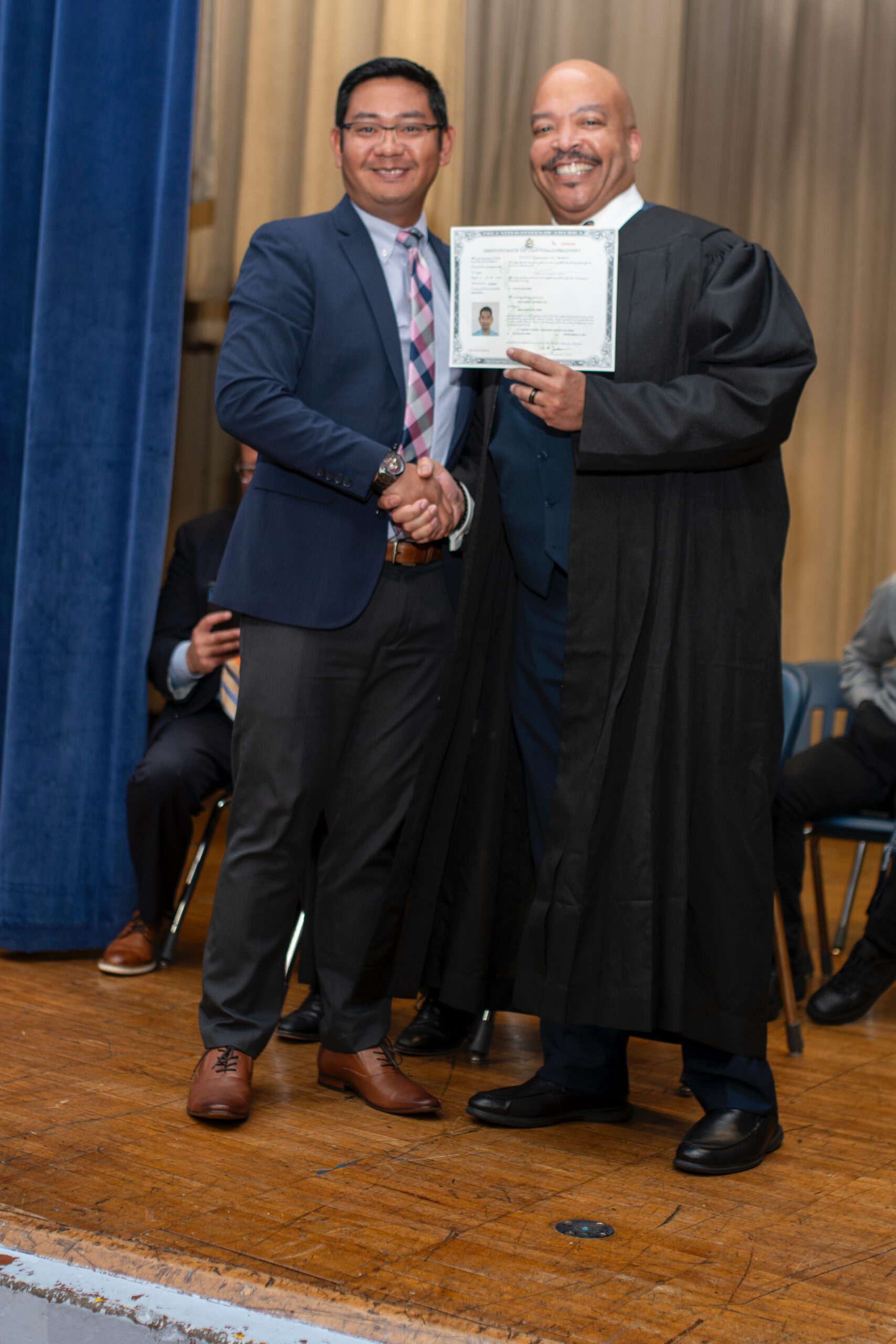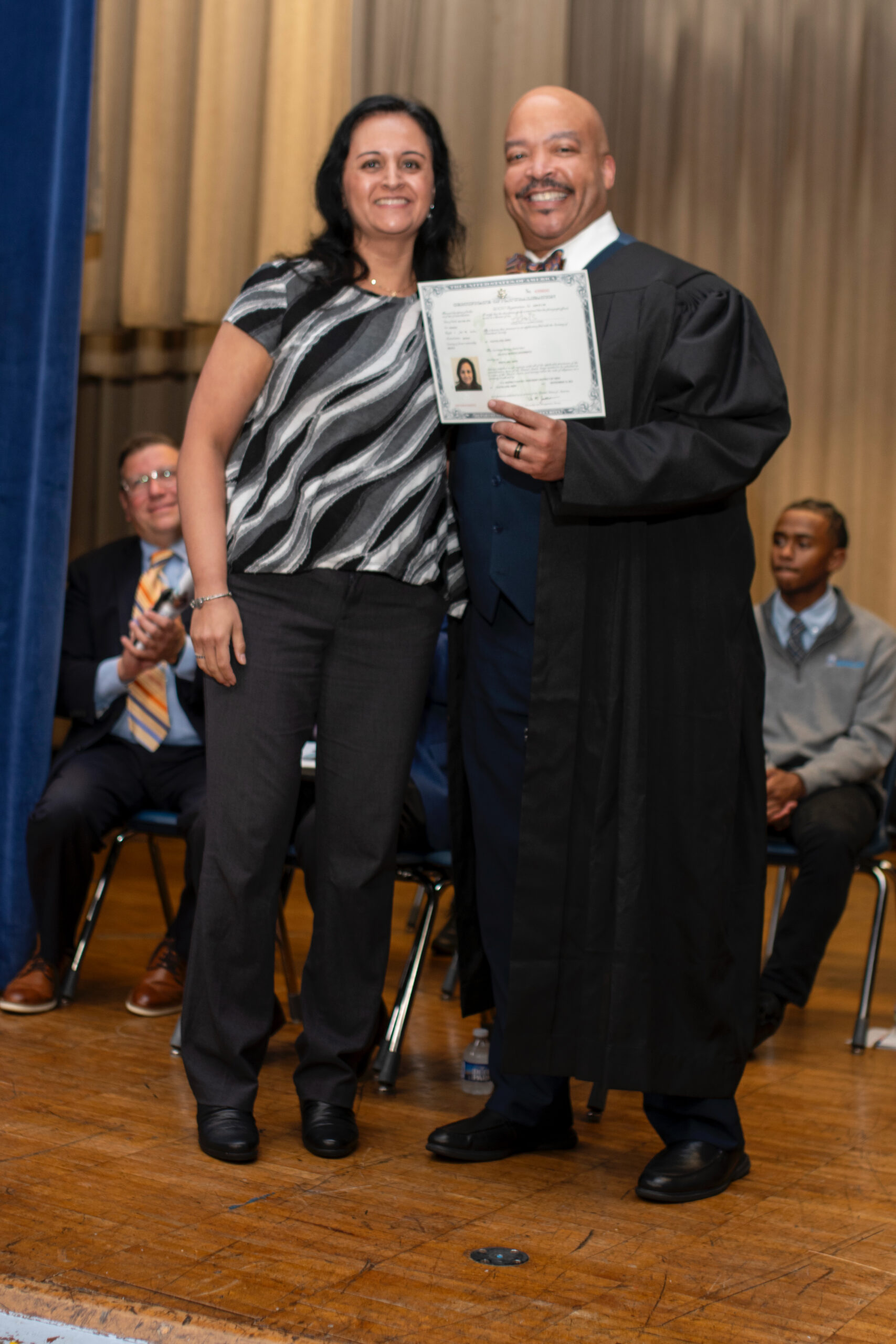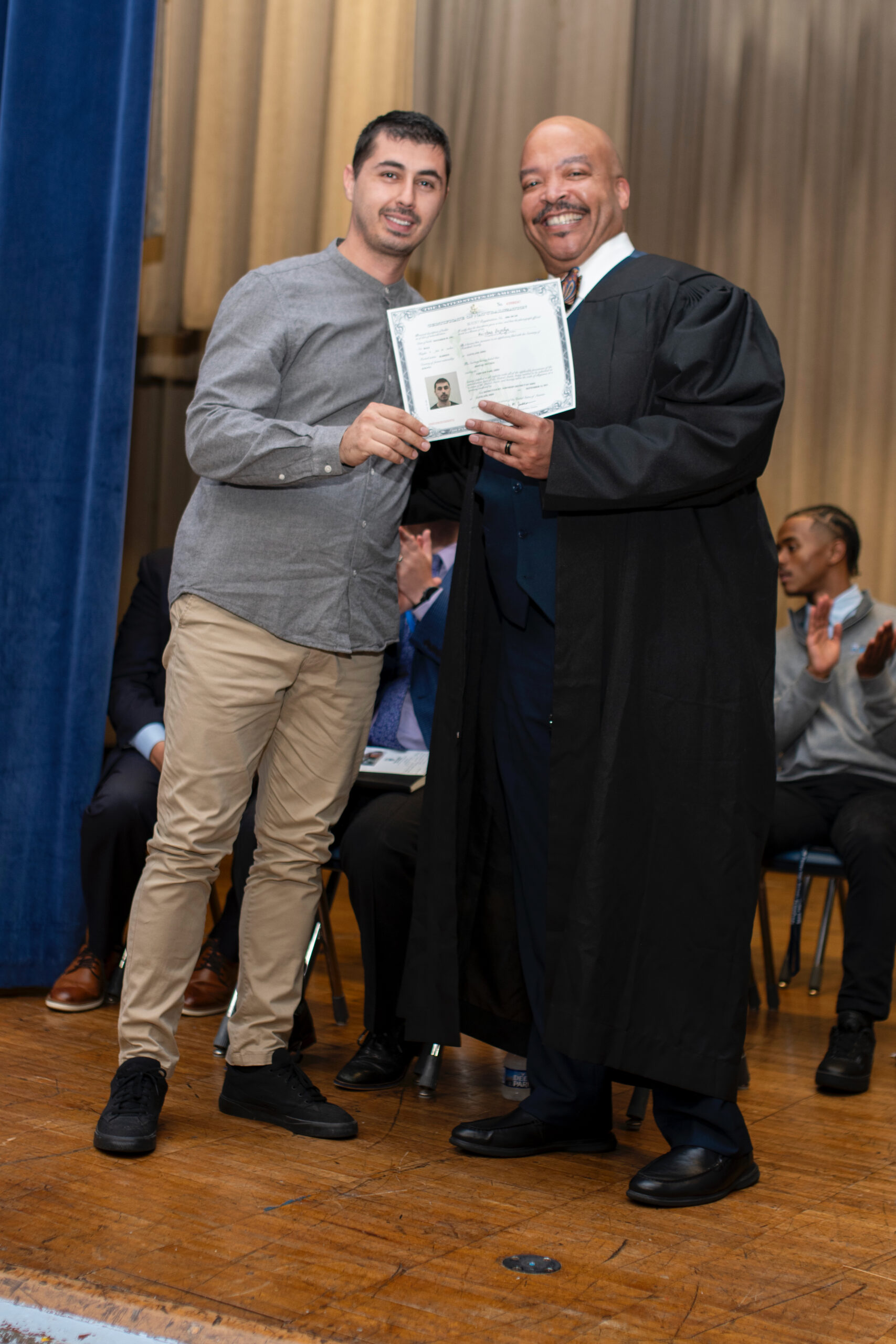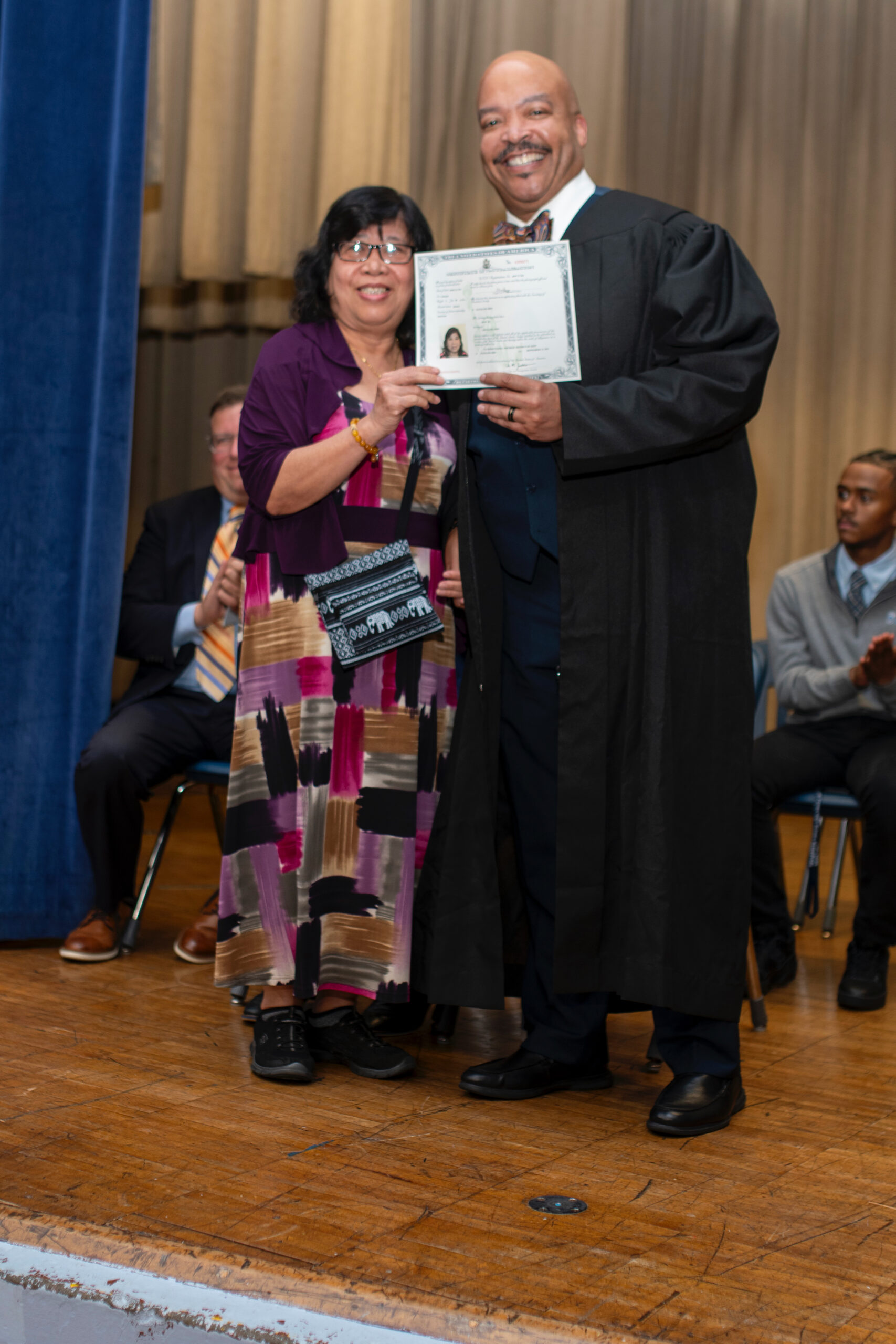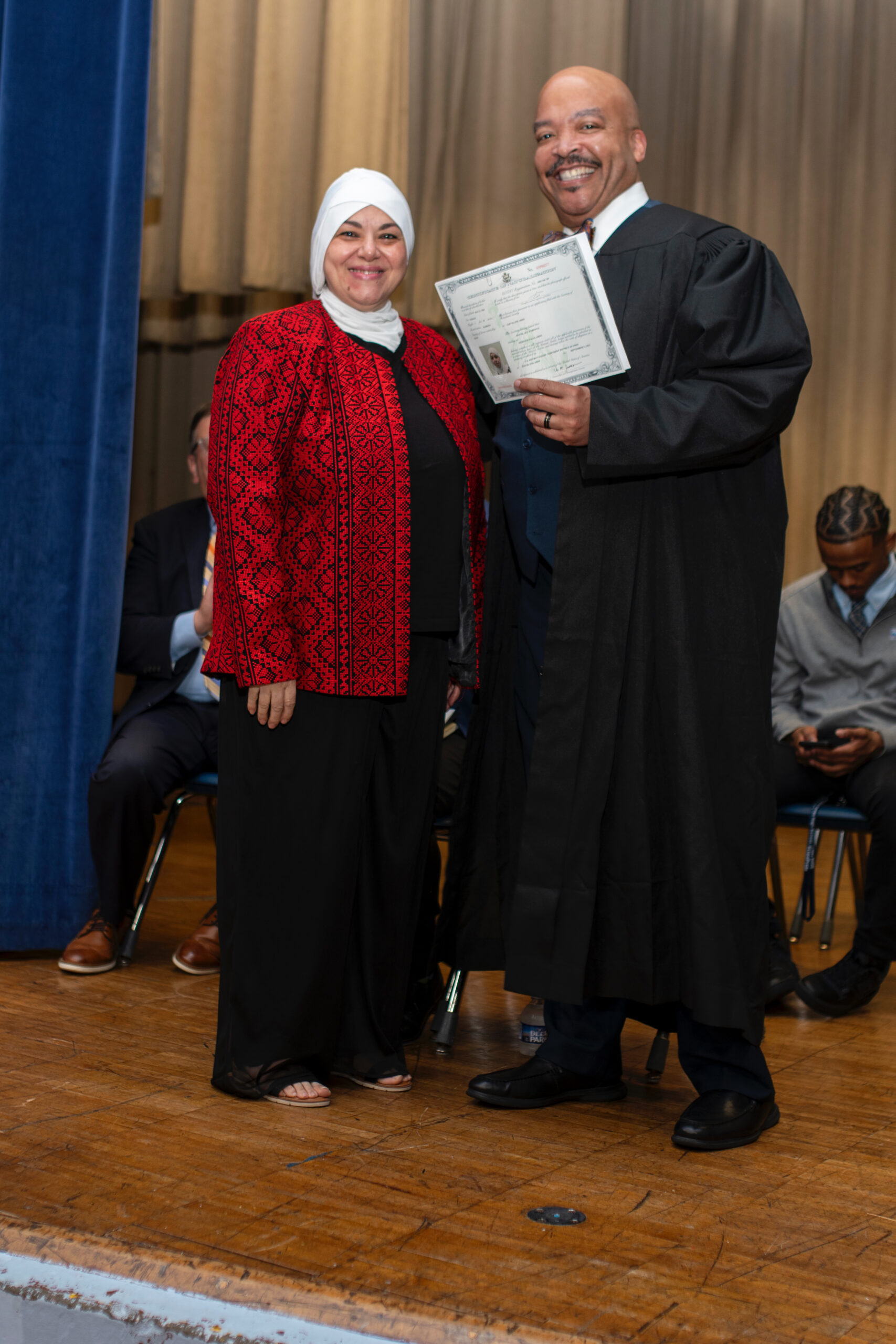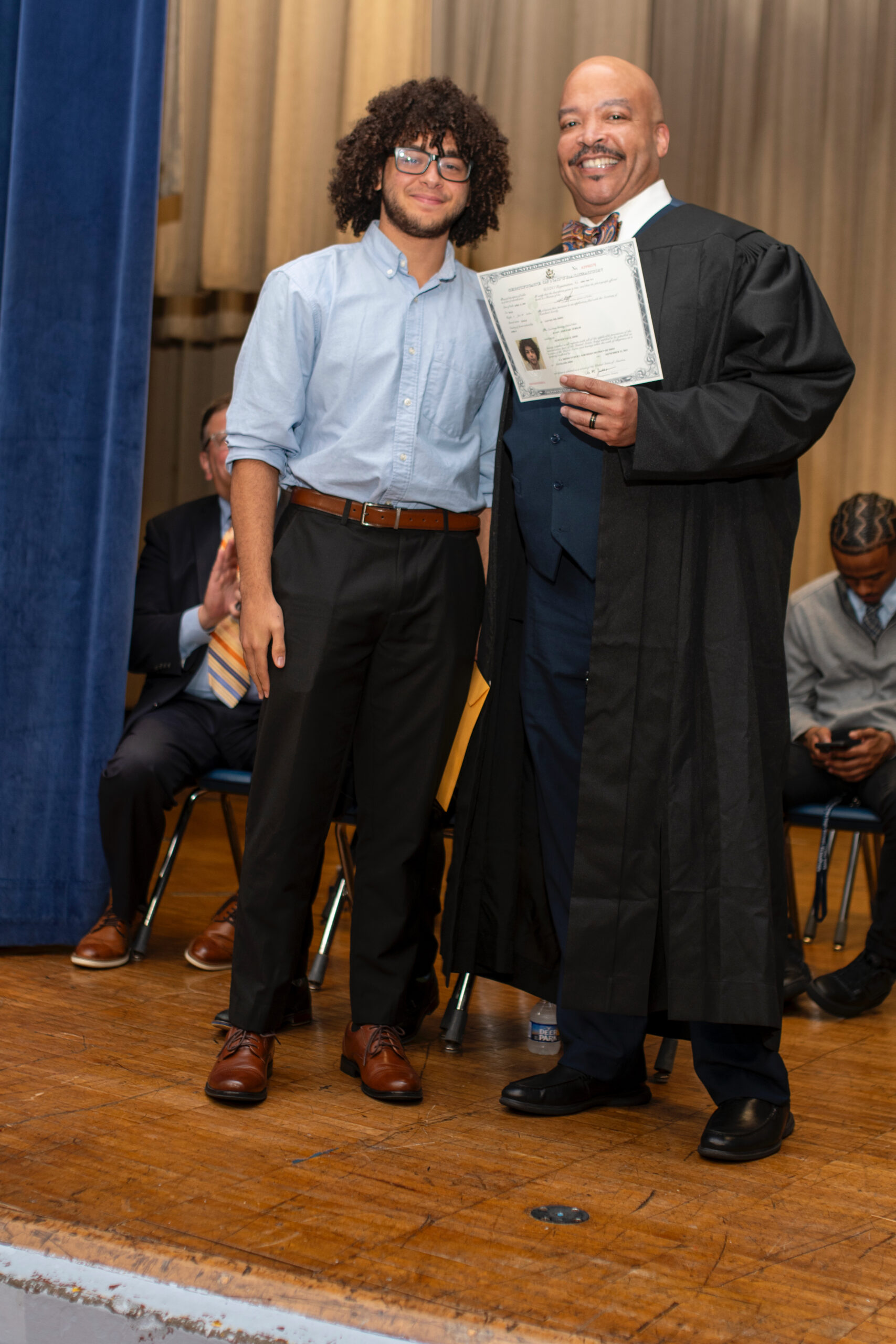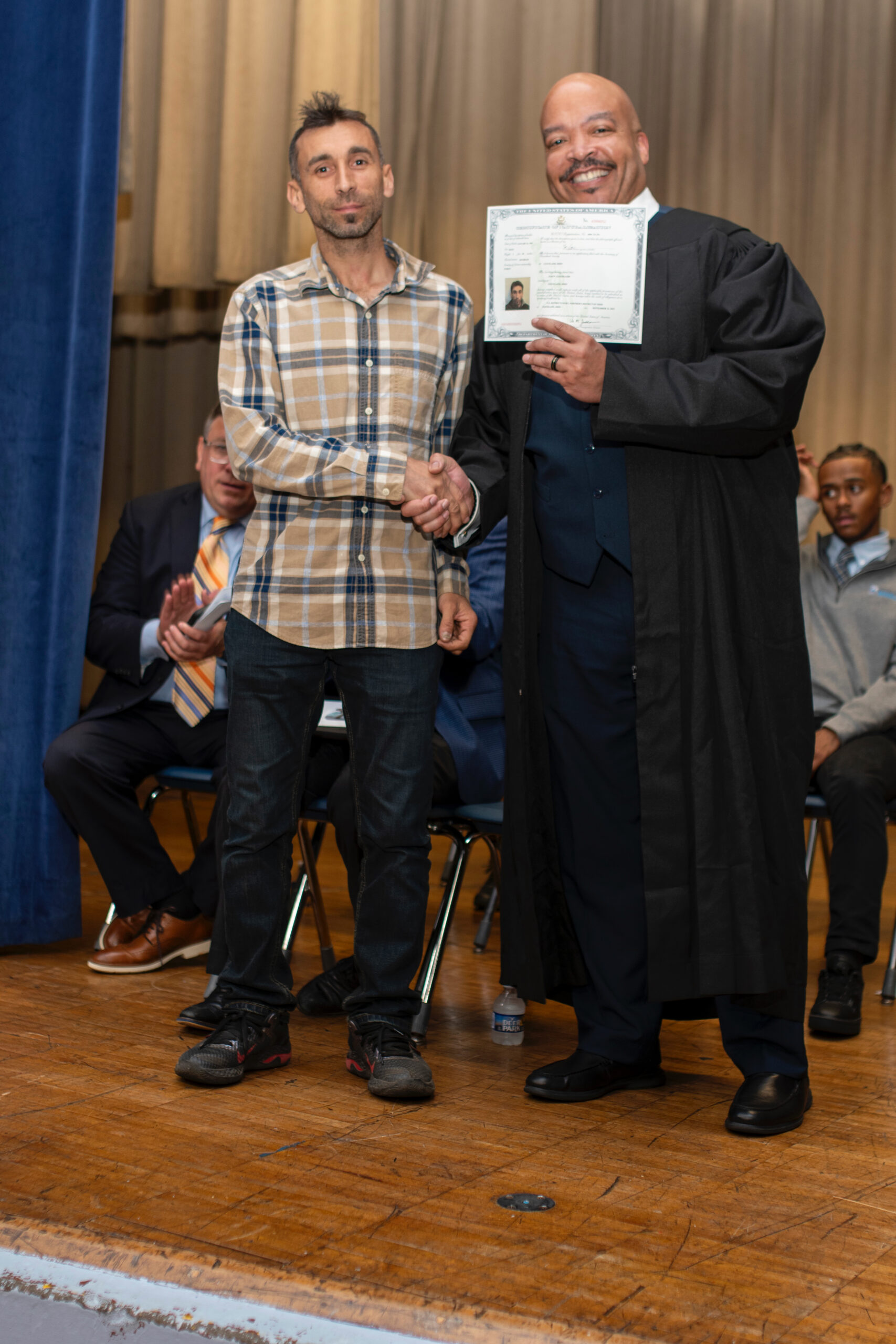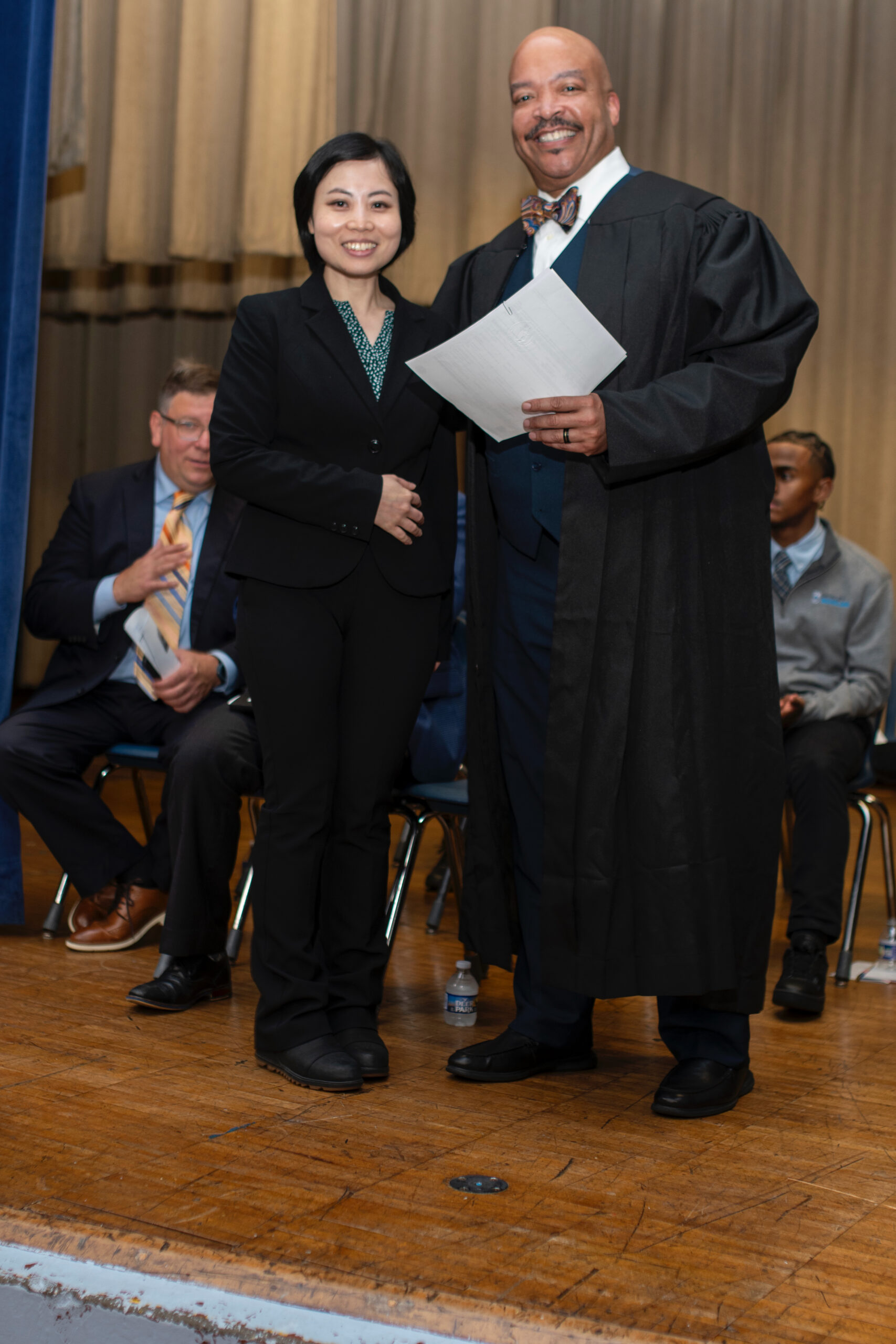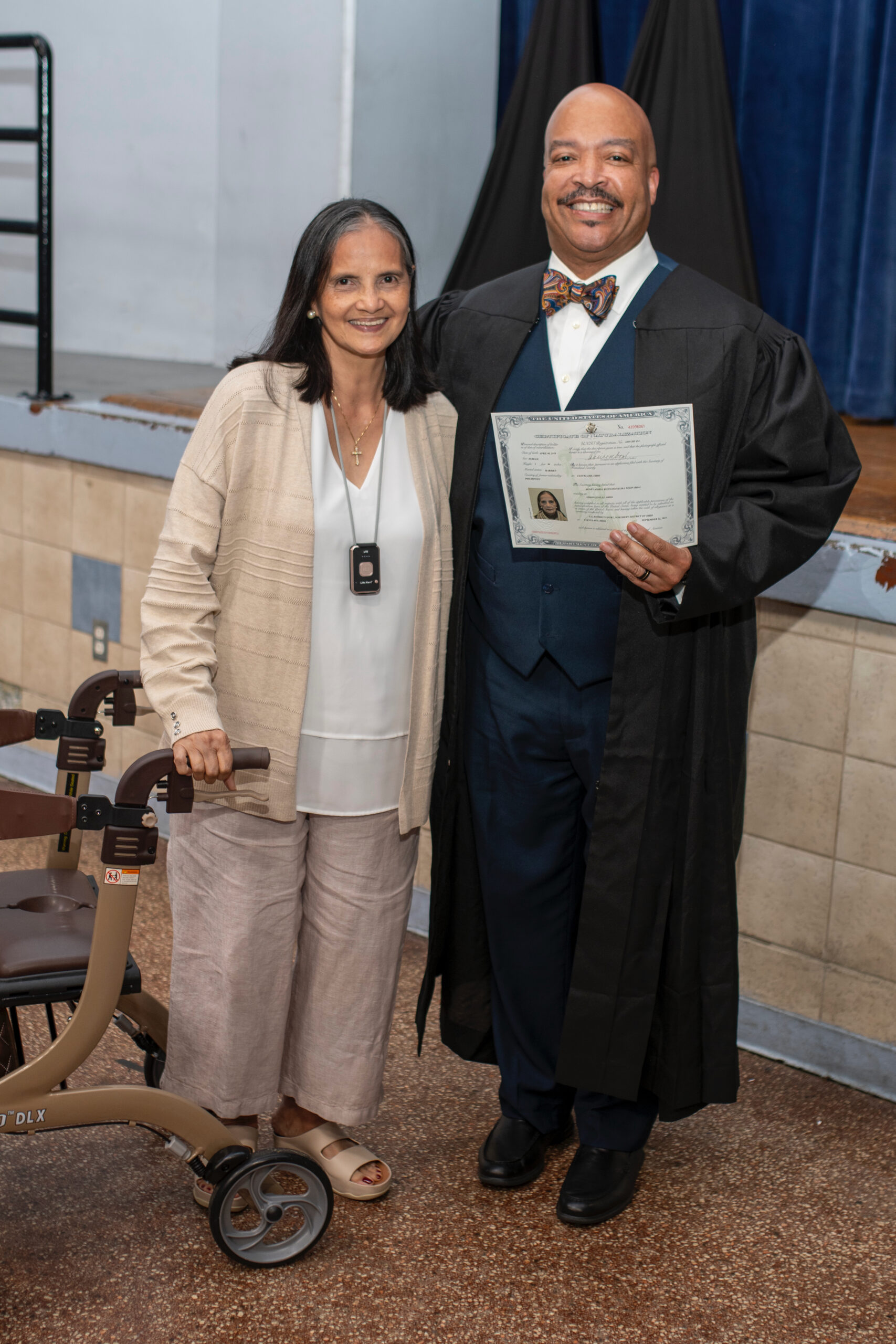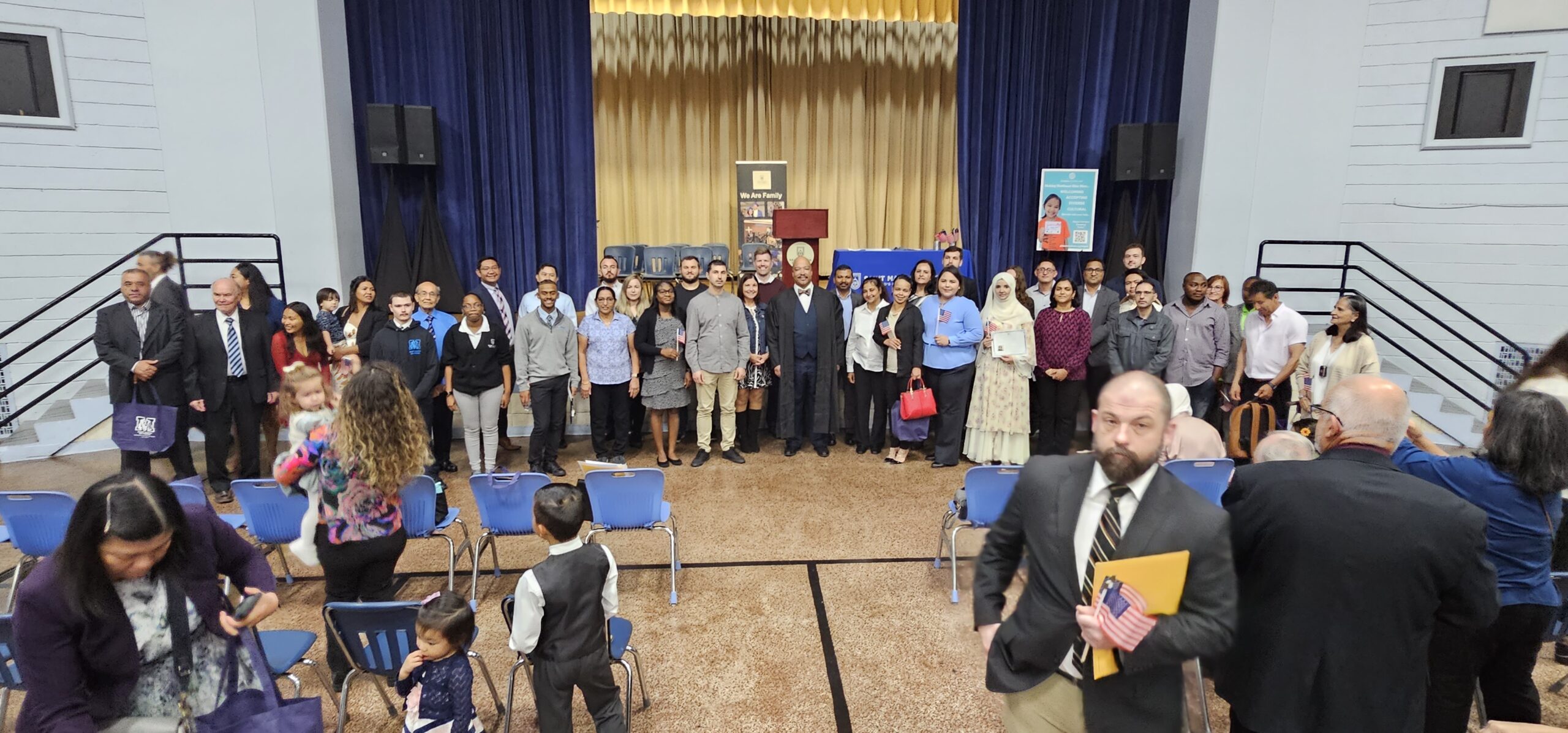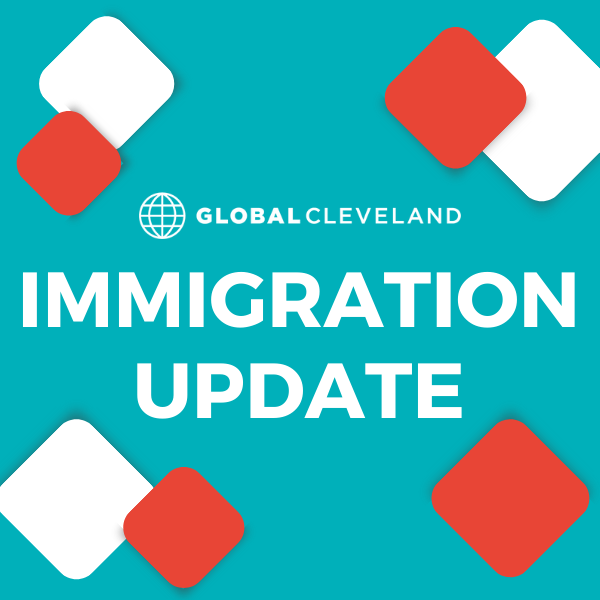October 2023 Immigration Update

October 2023 Immigration Update
In this October 2023 immigration policy update we will delve into the most recent updates in immigration-related matters, covering legislative, executive, and judicial aspects.

White House Budget Seeks $14 billion for immigration system
President Biden’s White House budget proposal sought $14 billion – up from $10 billion in August – for immigration related policy. The proposal would increase funding for Customs and Border Protection, adding additional officers and funding aimed at combatting fentanyl importation. The request also contains emergency funding for Immigration and Customs Enforcement, as well as calls for more western hemisphere cooperation to screen potential migrants, using Safe Mobility Offices in Colombia, Guatemala, Costa Rica, and Ecuador. Finally, it aims to speed up asylum and workforce permit processing, as well as increasing the capacity of immigration courts
Source: Immigration Impact
Texas moves forward immigration legislation
Texas lawmakers moved forward an immigration and border security bill that has aroused significant controversy since it was introduced. One bill, SB-4, would crack down on human smuggling with a 5-10 year prison sentence. The bill did have some cross party support in the Texas Senate.
A second proposed law, SB-11, would make it a state crime to enter Texas from Mexico from any point that was not an authorized point of entry. Senator Juan Hinojosa, who supports SB-4, criticized SB-11, saying it was not a real solution and would simply swell county jails.Armando Walle, another critic, opposed the bill because it gives too much discretion to police, especially those who are not trained to enforce immigration laws.
Source: Houston Public Media
Louisiana Rep Mike Johnson Elected Speaker
After a long process, where previous speaker nominees Steve Scalise, Jim Jordan, and Tom Emmer were unable to get enough votes secure a majority, little-known Louisiana Rep. Mike Johnson was elected as the new Speaker of the House. Johnson has introduced legislation to raise the bar on the requirement of asylum seekers.
Source: Politico
Legislative Situation Means Lack of Federal Support for Ukrainian Refugees
A USCIS article looked at the unintended consequences of the US Congress’ budget debate for Ukrainians fleeing the Russian invasion of Ukraine. Right now, Ukrainians arriving after September 30th are unable to access welfare benefits or resettlement services.
Read the Report: https://sway.office.com/G2sJzODXxs6iY3Cs?ref=email
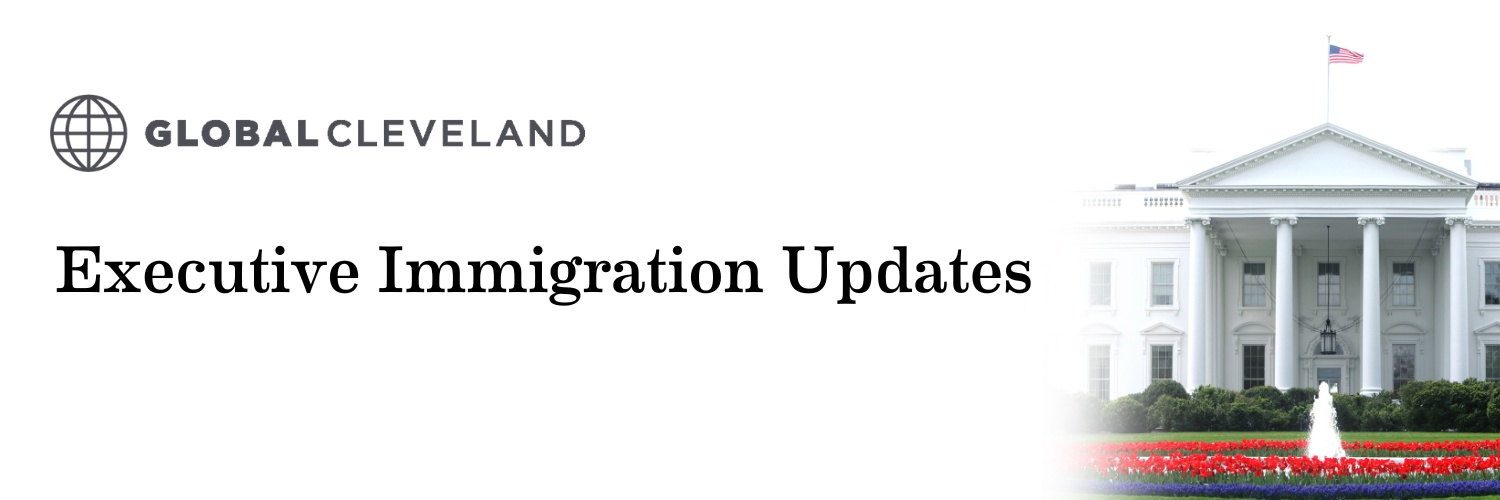
Government Settles Family Separation Lawsuit
The US Government settled with 4,000 migrants separated from their families under the presidency of Donald Trump. The settlement allows them to live and work in the US for three years, during which time they can receive housing, mental health assistance, and legal assistance to apply for asylum. The resulting settlement also prohibits the federal government from separating migrant families for the next eight years.
Source: NBC News
Administration announces changes to H1-B Program
The Biden administration unveiled major changes to the H-1B Visa program. These include:
- Multiple entries by employers on behalf of the same employee are no longer permitted
- The “employer-employee relationship” requirement, introduced in 2010, was repealed. It has been considered a major roadblock for entrepreneurs
- Remote job offers are now permitted
- The “Cap-Gap” provision for F-1 visas are extended
- USCIS will increase site visits
Source: USCIS
Venezuela, US Agree to Hold Presidential Elections in Exchange for Sanctions Relief
The US lifted sanctions on Venezuela’s oil industry as part of an understanding that the government, considered a dictatorship by international NGOs, hold competitive elections. The government allowed a competitive primary to be held, which was won by opposition activist Maria Corina Machado, who had previously been barred from politics (and could still be disqualified). Venezuela is a major source of asylum seekers, as the country has been in a severe political and economic crisis for more than a decade.
DHS Announces new Family Reunification Process for Ecuadorian migrants
The Department of Homeland Security unveiled a new family reunification parole process for which some Ecuadorian immigrants will be eligible for. Eligible will be Ecuadorian nationals who have “family members are U.S. citizens or lawful permanent residents and who have received approval to join their family in the United States. Specifically, Ecuadorian nationals and their immediate family members can be considered for parole on a case-by-case basis for a period of up to three years while they wait to apply to become a lawful permanent resident.” A federal register notice will be published soon, providing greater detail on the change.
Source: DHS
US Resumes Deportation Flights to Venezuela
The US government resumed deportation flights to Venezuela for the first time in years. A total of 130 Venezuelans were flown back to Caracas, Venezuela’s capitol, by Immigration and Customs Enforcement (ICE).
Administration looking at H-1B Visa Renewal
The Biden administration is examining a rule for H-1B Visa renewal that offers options to renew without having to leave the US. US-based renewals, discontinued in 2004, may make the process more convenient for applicants as well as reducing the workload on consular offices overseas.
Source: Bloomberg Law
New Study Spotlights Economic Impact of TPS Holders
Research from the American Immigration Council looked at immigrants granted Temporary Protective Status (TPS) and their economic impact. It found that they spent billions in taxes and spending, and contributed to regional economies through home purchases. TPS households had a higher rate of entrepreneurship than the US born workforce (14.5% vs. 9.3%), paid $1.3 billion in federal taxes and $966.5 million in local taxes, and held $8 billion in purchasing power. 94.6% were employed in 2021.
Source: Immigration Impact

Government Accountability Office Reports on Case Backlog
Rebecca Gambler, of the Government Accountability Office, testified to congress about the backlog in U.S. Immigration Court. The Executive Office for Immigration Review EOIR was found to have no strategic workforce plan to address the case backlog.
Immigrant Rights Groups Sue for more info on Migrant Cases
American Immigration Council (AIC) joined the Center for Gender and Refugee Studies to take legal action to compel the government to release information about migrants denied asylum for not obtaining an appointment on the government CBP One app. The app was criticized as “inaccessible to the most vulnerable and marginalized people seeking asylum” by the AIC, and was plagued by glitches.
Source: American Immigration Council
Explore Previous Immigration Updates
May 31, 2023
May 2023 Immigration Update
April 30, 2023
April 2023 Immigration Update
March 31, 2023
March 2023 Immigration Update
February 28, 2023
February 2023 Immigration Update
January 30, 2023
January 2023 Immigration Update
ADAMHS - Resource Officer

NCC Solutions is hiring:The Alcohol, Drug Addiction and Mental Health Services (ADAMHS) Board of Cuyahoga County is seeking a Resource Specialist who, under the supervision of the Director of Adult Behavioral Health Programs, is responsible for monitoring resources of various housing and community resource programs which promote supportive community-based living arrangements. Provides technical assistance and support to contract Class 2 Residential Facility Operators and provider agencies. Processes and reviews application requests.
The Board is a quasi-independent part of county government, governed by a volunteer Board of Directors. The Board contracts with provider agencies to deliver services that assist clients on the road to recovery.
The Alcohol, Drug Addiction and Mental Health Services (ADAMHS) Board of Cuyahoga County is responsible for the planning, funding, and monitoring of public mental health and addiction treatment and recovery services delivered to the residents of Cuyahoga County. Under Ohio law, the ADAMHS Board is one of 50 Boards coordinating the public mental health and addiction treatment and recovery system in Ohio.
Statement On The Attacks In Israel - October 9
September 2023 Immigration Update

September 2023 Immigration Update
In the ever-evolving landscape of immigration policy and legislation, September 2023 has brought about significant changes and developments. From legislative updates to executive actions and judicial decisions, here’s a detailed look at the key events and their implications.

House Passes Continuing Resolution, Avoiding Shutdown
In a crucial move to keep the government operational, Congress passed and President Biden signed a continuing resolution (CR) at the end of September. This CR ensures funding for the government through November 17th. Notably, the CR did not include increased funding for border security, as a previous CR containing such funding failed to pass. Furthermore, it omitted funding for Ukraine, leaving open the possibility of a separate funding bill.
Senators Durbin and Graham Seek Immigration Deal
Senators Dick Durbin (D-Ill.) and Lindsey Graham (R-S.C.) are revisiting the “Gang of Eight” immigration bill, aiming to introduce an updated version. This bill seeks to provide a pathway to citizenship for Dreamers, contingent on measures to improve border security and other reforms. While they acknowledge the challenges of passing the bill in the current Congress, they emphasize the urgency of addressing the national immigration crisis.
Florida Immigration Bill's Impact on Hurricane Recovery
Florida’s immigration law passed in July is raising concerns about its potential impact on hurricane recovery efforts. The law includes provisions requiring hospitals to inquire about immigration status, mandatory E-Verify for certain employers, and harsh penalties for transporting undocumented individuals. As a substantial number of disaster recovery workers are undocumented immigrants, some are reluctant to enter the state, hindering recovery efforts.
Secure the Border Act Introduced in the Senate
Republican Senator Ted Cruz of Texas introduced the Secure the Border Act (HR2) in the Senate, following its passage in the House. The bill proposes various changes to Department of Homeland Security policies, including asylum application processes, E-Verify requirements, border barriers, and more. Despite support from the GOP, it currently lacks bipartisan support in a Senate controlled by Democrats.

Illinois Governor Calls for Action on Immigration from White House
Illinois Governor J.B. Pritzker has publicly called upon the White House to address the influx of migrants to Chicago, stressing the strain on resources. Pritzker recommended establishing a dedicated office, waiving fees for TPS applicants, improving logistical coordination, and providing financial support to state and local governments and NGOs. He also emphasized the need for an accelerated timeline for employment authorization for migrants.
Administration Encourages Immigrants to Apply for Work Permits
The White House has increased outreach efforts to encourage immigrants to apply for work permits. Measures include sending text messages, distributing posters and fliers with QR codes, and issuing grants to local governments. This initiative comes in response to criticism from some of President Biden’s allies regarding the handling of immigration issues.
Canadian Visa Policy Attracts Immigrants and International Students from the US
Canada’s “startup visa” policy has drawn significant interest from immigrants in the US, leading to a surge in applications. In contrast to the US, which lacks a startup visa program, Canada’s policy has successfully attracted skilled entrepreneurs. A study found that this policy increased the likelihood of US-based immigrants establishing startups in Canada by 69%.
TPS Status for Venezuelans Extended by DHS
The Department of Homeland Security announced an 18-month extension of Temporary Protective Status (TPS) for Venezuelans. This decision comes amid Venezuela’s ongoing refugee crisis and economic collapse. TPS provides temporary protection from removal and employment authorization for eligible individuals in the United States.
State Department Pledges Aid to Haiti
Secretary of State Antony Blinken announced measures to stabilize Haiti, which has been plagued by political unrest and gang violence. The US plans to provide $100 million in foreign assistance, sponsor a UN resolution for a multinational security support mission, and offer additional support through the Department of Defense.

Federal Judge Finds DACA Unlawful
In a significant development, Judge Andrew Hanen ruled DACA unconstitutional, echoing a similar decision from 2021. DACA, which provides protection for certain undocumented immigrants who came to the US as children, has been a subject of legal battles. The ruling emphasizes that immigration policy falls within the legislative branch’s purview, not the executive.
In conclusion, September 2023 has seen a flurry of activity in the realm of immigration policy and legislation, with far-reaching implications for individuals and communities across the United States and beyond. The balance between security, humanitarian concerns, and economic interests remains at the forefront of these developments, shaping the future of immigration policy in the nation.
Explore Previous Immigration Updates
May 31, 2023
May 2023 Immigration Update
April 30, 2023
April 2023 Immigration Update
March 31, 2023
March 2023 Immigration Update
February 28, 2023
February 2023 Immigration Update
January 30, 2023
January 2023 Immigration Update
Global Cleveland Event Disclaimer
Please Read the Following Regarding Global Cleveland Events:
By participating in Global Cleveland events, attendees agree to the following: I acknowledge that I understand no refunds will be issued. I understand that Global Cleveland does not endorse any speaker, moderator, attendee, panelist, venue, political candidate, or party. Any public communication made by any speaker, moderator, attendee, panelist, venue, political candidate, or party is their own and does not represent Global Cleveland’s values or mission.
Global Cleveland is following the current health and safety guidelines required by the state of Ohio, our host venue, and the recommendations outlined by the CDC. By purchasing an event ticket, you acknowledge that you understand and will abide by all the health and safety procedures in place at the time of the event. In addition, you voluntarily assume all risks related to exposure to COVID-19 and do not hold event sponsors liable for any health-related issues. We appreciate your understanding of the measures taken for your protection and the protection of other attendees.
Participation in Global Cleveland events are at your discretion. Global Cleveland assumes no risk for any activities that you participate in. Participation in activities or events sponsored by third parties or that take place in third party facilities (collectively, “Third Party Activities”) are subject to such third parties’ policies; Global Cleveland assumes no responsibility or risk for Third Party Activities.
Attendees’ contact information may be shared with partnering organizations for marketing purposes.
Notice of Filming/Photography
Photos will be taken at this event to be used for Global Cleveland’s marketing purposes.
Please be aware that by attending this event, you enter an event/area where photography, audio, and video recording may occur. By attending Global Cleveland events, you consent to your voice, name, and/or likeness being used, without compensation, in films and photography in any and all media, whether known or hereafter devised, for eternity, and you release Global Cleveland, its successors, and licensees from any liability whatsoever of any nature. Do not attend this event if you do not wish to be subject to the foregoing.
Welcoming Week 2023 Naturalization Ceremony
Naturalization Ceremony at St. Martin de Porres High School
On September 12, 2023, Global Cleveland hosted a special Welcoming Week Naturalization Ceremony at St. Martin de Porres High School. Thank you to our gracious hosts at St. Martin de Porres, including their attentive staff, student leaders, drum line, and civics class who participated in the ceremony, for a truly unforgettable experience.
Honorable Judge Charles Fleming presided over the Naturalization Ceremony. Photos are credited to St. Martin de Porres High School.
Welcoming Week 2023 Videos
Thank you to our supporters who champion making Northeast Ohio the most welcoming region in the U.S.! Please see their videos below.
Mayor Justin Bibb,Mayor of Cleveland
County Executive Chris Ronayne,Cuyahoga County
Junaid Family Foundation
Medical Mutual
John Carroll University
August 2023 Immigration Policy Update

August 2023 Immigration Update
In the ever-evolving landscape of immigration, recent developments in the United States have brought significant changes, challenges, and opportunities. From court battles over asylum policies to extensions of Temporary Protected Status (TPS) for Ukrainians, here’s a comprehensive look at the latest immigration news.

TPS Extended for Ukrainians
Amidst the legal battles, a ray of hope shone for Ukrainian nationals residing in the U.S. On August 18th, Homeland Security Secretary Mayorkas extended Temporary Protected Status (TPS) for Ukrainians until April 2025. This extension offered relief to those who had been living in uncertainty. It also included a Special Student Relief Notice, potentially benefiting around 166,000 individuals.
Political Unrest in West Africa Raises Alarms
Beyond U.S. borders, political instability in West Africa is generating humanitarian concerns. The region is witnessing fears of a regional war and a refugee crisis. In late July, a military junta ousted Niger’s elected government, leading to a regional threat from ECOWAS, a group of West African countries, to intervene if constitutional order isn’t restored.
USCIS Reopens its Office in Cuba
For the first time in half a decade, the United States Citizenship and Immigration Services (USCIS) has reestablished its presence in Havana, Cuba. This move is vital as Cuban immigration to the United States has surged in recent years. The new office will conduct interviews, process cases in the Cuban Family Reunification Parole program, handle petitions for refugees and asylum, and provide other immigration services. The reopening of this office holds great importance, especially with the increasing number of Cubans seeking refuge in the United States.
Exploring Immigrant Roots of Top U.S. Companies

Afghan Adjustment Act's Hurdles and Hope
In a display of bipartisan effort, Senators Amy Klobuchar and Lindsey Graham led an initiative to include the Afghan Adjustment Act (AAA) in the National Defense Authorization Act (NDAA). Although the AAA didn’t make it into the NDAA, this endeavor garnered significant bipartisan support, showing progress in its cause. The AAA, which aims to offer Afghan allies in the U.S. a path to permanent legal status, could still pass as standalone legislation when Congress reconvenes. Advocates, like Global Cleveland, have been actively urging Ohio’s representatives to support this crucial bill.
Alabama Takes a Step to Address Doctor Shortages
Alabama, like many states, faced a shortage of physicians. To combat this issue, the Physician Workforce Act went into effect on August 1st. This legislation was designed to bolster the state’s healthcare workforce by allowing international medical graduates to apply for their licenses a year earlier. Furthermore, it introduced an apprenticeship program for graduates who weren’t matched with a residency and eliminated the SPEX exam. The President of the Alabama Medical Association expressed optimism that this law would expand the pool of physicians, improve patient access to care, and ultimately lead the state toward a healthier future.
In a thought-provoking report, the American Immigration Council delved into the immigrant origins of America’s Fortune 500 companies. The findings were astonishing: almost 45% of these corporate giants were founded by immigrants or their children. Some well-known names like Amazon.com, Apple, Google, and JPMorgan Chase have immigrant roots. These immigrant-founded Fortune 500 companies employ millions and contribute trillions to the U.S. economy, highlighting the immense impact of immigrants on American business.

Challenges with Immigration App Lead to Lawsuit
Customs and Border Patrol (CBP) introduced the CBP One app, which asylum seekers are required to use. However, this app has faced severe criticism for being unreliable and glitchy. Asylum applicants claim that issues with the app made it impossible to book appointments, resulting in them being turned away by border security personnel. These individuals had to return to border towns in Mexico, which can be perilous. The app’s stringent requirements, limited language options, and problems with facial recognition have all contributed to these challenges.
Biden Asylum Policy Challenged in Court
The Biden administration’s attempt to tighten asylum policies sparked legal battles. President Biden’s policy aimed to make it more challenging for specific migrants to apply for asylum. However, U.S. District Judge Jon Tigar issued a temporary block, raising concerns over its legality. While the decision was under appeal, the 9th Circuit Court of Appeals allowed the policy to remain in effect for now. The American Civil Liberties Union (ACLU) and the National Immigrant Justice Center are among the organizations leading the legal charge against this policy, advocating for a fair asylum process.
Florida's Immigration Law Faces Legal Scrutiny
A coalition of organizations, including the ACLU, Southern Poverty Law Center (SPLC), Farmworker Association of Florida, Americans for Immigrant Justice, and the American Immigration Council, initiated a legal challenge against Florida’s SB1718. This law criminalizes individuals who transport undocumented persons into Florida. Penalties range up to five years in prison, with more severe terms for repeated violations or those involving minors. The lawsuit contends that the law represents an unconstitutional state attempt to regulate federal immigration and that its language is unconstitutionally vague.
Explore Previous Immigration Updates
May 31, 2023
May 2023 Immigration Update
April 30, 2023
April 2023 Immigration Update
March 31, 2023
March 2023 Immigration Update
February 28, 2023
February 2023 Immigration Update
January 30, 2023
January 2023 Immigration Update
July 2023 Immigration Policy Update

July 2023 Immigration Update
In the month of July 2023, the United States witnessed several significant developments in immigration policy. Lawmakers are actively working on legislation to offer a path to permanent status for Afghan evacuees, while other bills challenge birthright citizenship and propose the creation of a Federal Office of New Americans. Additionally, executive agencies are implementing new family reunification parole processes and exploring refugee programs for non-Mexicans in Mexico. On the judicial front, the Supreme Court has made rulings on various immigration-related cases. In this blog, we’ll explore these immigration policy updates.

Bipartisan Group of Lawmakers Introduce Legislation Seeking to Offer Path to Permanent Status for Afghan Evacuees
On July 13th, 2023, a group of bipartisan lawmakers reintroduced the Afghan Adjustment Act, aiming to grant permanent status to thousands of Afghans evacuated to the U.S. after the fall of Kabul in 2021. This legislation holds promise for countless Afghans, including those living in Greater Cleveland and Ohio, offering them a pathway to a secure future.
Source: National Immigration Forum
Legislation Challenging Birthright Citizenship Introduced in House of Representatives
Rep. Matt Gaetz proposed a bill that would deny birthright citizenship to children born in the U.S. to non-U.S. citizen parents. Gaetz cited children born to parents on tourist or temporary visas and those born to undocumented parents as reasoning behind the bill. The bill would not apply to those “lawfully admitted as refugees or permanent residents or performing active services in the U.S. Armed Forces.” Though the bill faces constitutional hurdles, it reflects growing nativist sentiments and requires close monitoring.
Source: Washington Examiner
Bill Proposing Creation of Federal Office of New Americans Reintroduced in Congress
Representatives Jayapal, Meng, and Garcia, along with Senator Markey, introduced a bill that would establish an Office of New Americans to support immigrants in adjusting to life in the U.S. and improve the immigration system. This initiative, endorsed by the National Partnership for New Americans, offers hope for immigrant communities seeking better integration.

DHS Announces New Family Reunification Parole Processes for Central American Countries
The Department of Homeland Security launched family reunification parole processes for Colombia, El Salvador, Guatemala, and Honduras. This program aims to reunite individuals with their families already in the United States, providing an opportunity for thousands stuck in backlogs.
Welcome Corps Launches Expansion of Private Sponsorship Refugee Resettlement to Colleges and Universities
The Welcome Corps introduced Welcome Corps on Campus, enabling colleges and universities to resettle refugee students. This initiative seeks to offer education and career opportunities to refugee students and could pave the way for similar programs worldwide.
Source: National Immigration Forum
Rumor: Biden Administration Weighing Refugee Program for Non-Mexicans in Mexico
U.S. and Mexican officials are reportedly discussing a potential refugee program for non-Mexican asylum seekers in Mexico. If implemented, this program could provide legal avenues for migration for refugees from Cuba, Haiti, Nicaragua, and Venezuela.
Source: Reuters
Migrant Encounters at Southern Border at Two-Year Lows
The Customs and Border Protection reported a significant decrease in migrant encounters at the US-Mexico border, attributing the decline to enforcing consequences and providing lawful pathways. However, the recent overturning of asylum policies may impact these numbers.
Canada Targets Students and Workers Stuck in H1-B Lottery
Canada opened visa slots to attract skilled workers and international students who were unsuccessful in the U.S. H1-B lottery, highlighting the challenges in the current H1-B system.
Source: Forbes

Supreme Court Rules on Immigration-Related Cases
The Supreme Court ruled that states cannot sue the federal government to enforce specific immigration policies and upheld a law criminalizing the encouragement of undocumented immigration.
Source: Politico
Federal Judge Blocks New Biden Asylum Policy
A federal judge blocked the Biden administration’s rule disqualifying certain asylum seekers who entered the U.S. without an appointment. The rule aims to curb unauthorized crossings but has faced legal challenges.
Source: Los Angeles Times
Explore Previous Immigration Updates
May 31, 2023
May 2023 Immigration Update
April 30, 2023
April 2023 Immigration Update
March 31, 2023
March 2023 Immigration Update
February 28, 2023
February 2023 Immigration Update
January 30, 2023
January 2023 Immigration Update
State Budgets’ Fair School Funding Plan Includes Important Provisions for English Learners
Global Cleveland is proud to see the Fair School Funding Plan included in the final draft version of HB110, the state budget for FY 2022-2023. The Fair School Funding Plan includes important provisions that will provide key funding to support English as a learning language Students here in Cleveland and throughout Ohio. These provisions include changes that make additional funding for English Learners proportional to the average cost to educate a student in Ohio. Previously, funding for English Learners was locked to set numbers provided in earlier spending bills. By making funding proportional to the rising cost of education, state lawmakers are ensuring that English Learners are not left behind. However, the most important change from these provisions is that the additional funding provided for English Learners must now be used to support English Learners’ education and cannot be redirected for other uses. This ensures that the funding is used for its intended purposes and the needs of our English Learners are not neglected.
Learning to understand and use English proficiently is key for Ohio’s immigrants and their children to obtain higher education, pursue successful careers, and participate fully in our communities. The above provisions more adequately provide for this important education, helping to ensure greater educational equity. We believe that these provisions will help lead to a better future for all Ohioans as it will help create a better prepared and better educated population. We are thankful that our state legislators see the value of our English Learners and hope to see more legislation beneficial to immigrant and international communities in the future.

